Women are complex and under constant pressure; men find themselves trapped, grappling with new roles, while the world around them offers little cause for hope. These are the themes explored by the documentaries, animations, and narrative shorts selected for the International Short Film Competition at the 65th Krakow Film Festival.
In the realm of short films, every second and every frame carries extraordinary weight. What we encounter here is not only a distillation of narrative but, above all, of emotion and meaning. From the vast number of submissions, we chose to spotlight those works that struck us with their boldness — not just in confronting certain subjects (such as death, building one’s identity in the era of media overstimulation, institutional and cultural abuse, or the reckoning with the sins of our parents and ancestors) — but with the courage to visualise and express them. The international competition also offers an extraordinary journey through diverse countries, cultures, and cinematic traditions. Though some of these films may be geographically distant, they resonate deeply with our own contemporary anxieties and critical reflections, – comments Diana Dąbrowska, film critic and curator of the short film section at the Krakow Film Festival.
About Women
From the harrowing experiences of girls on the cusp of womanhood, to middle-aged women trying to redefine themselves, and older women reflecting on their youth — this year’s International Short Film Competition presents a number of moving stories about femininity across generations.
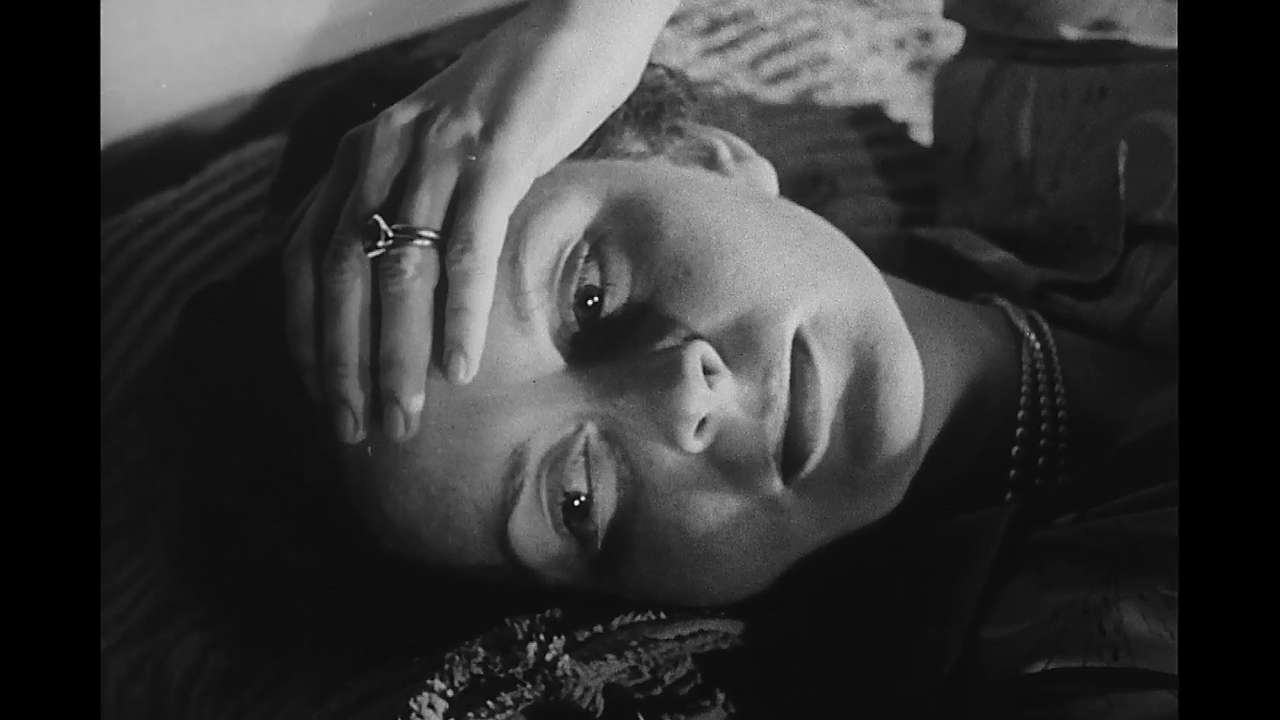
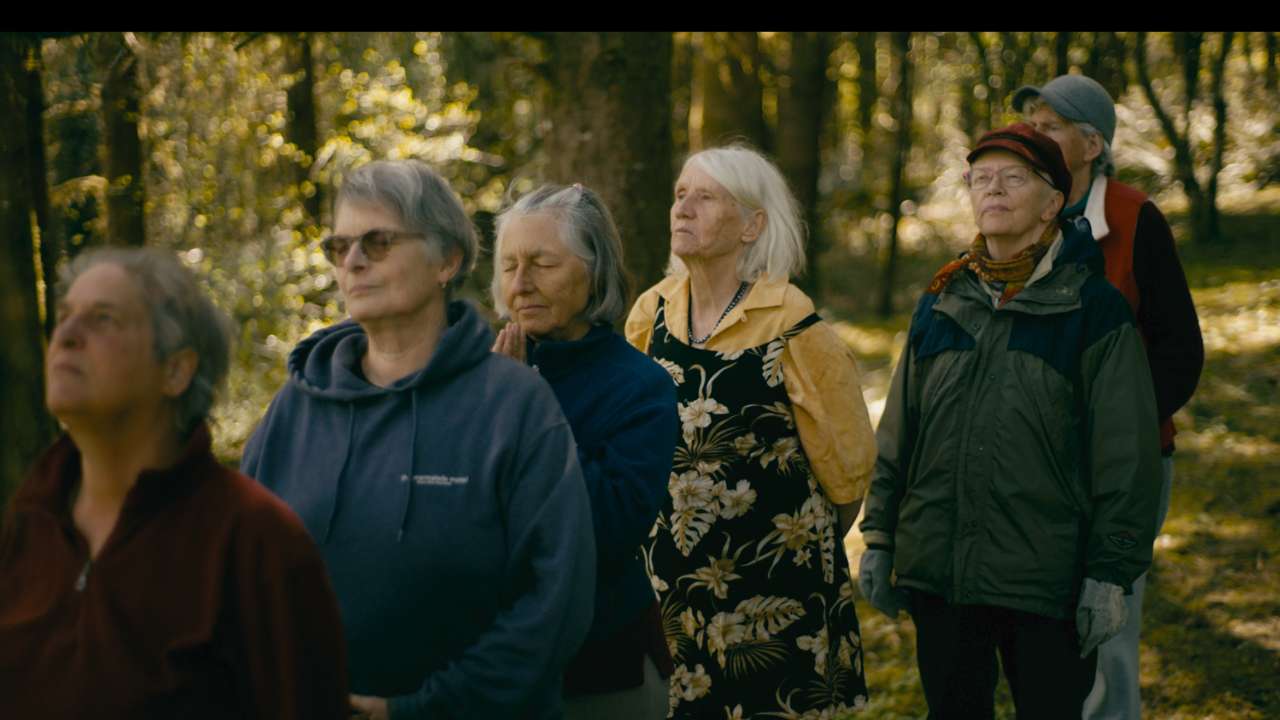
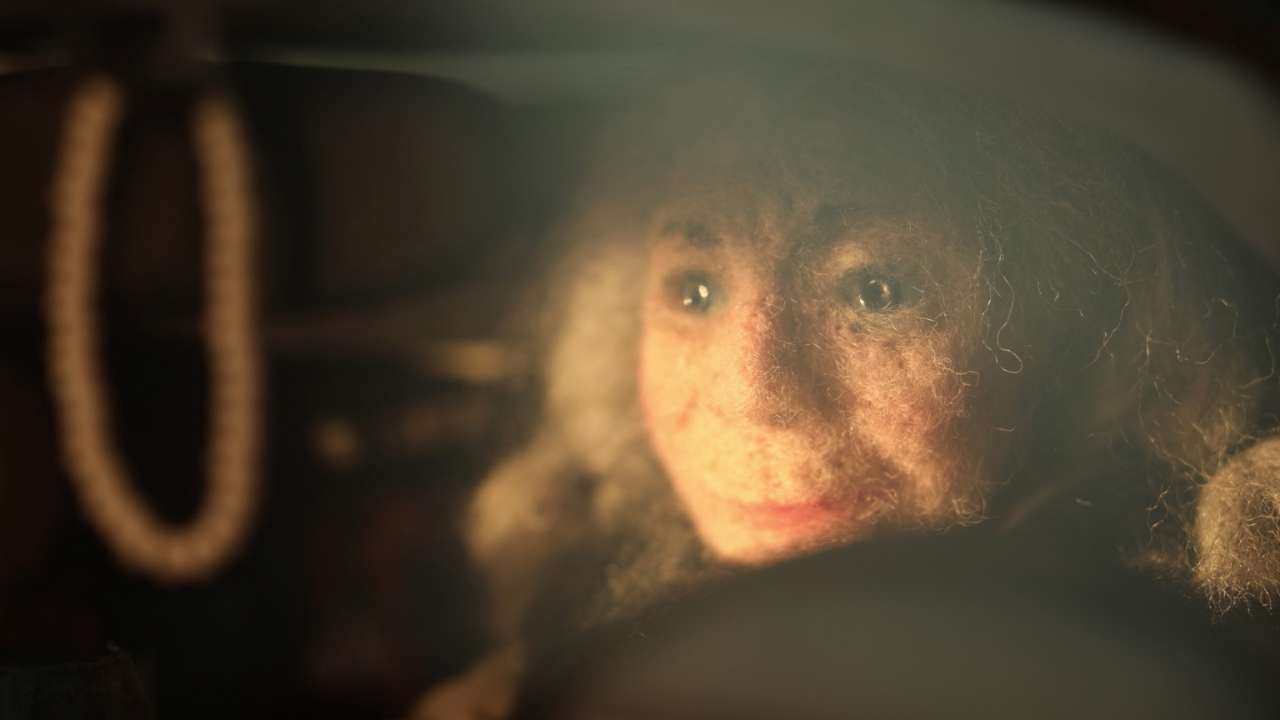
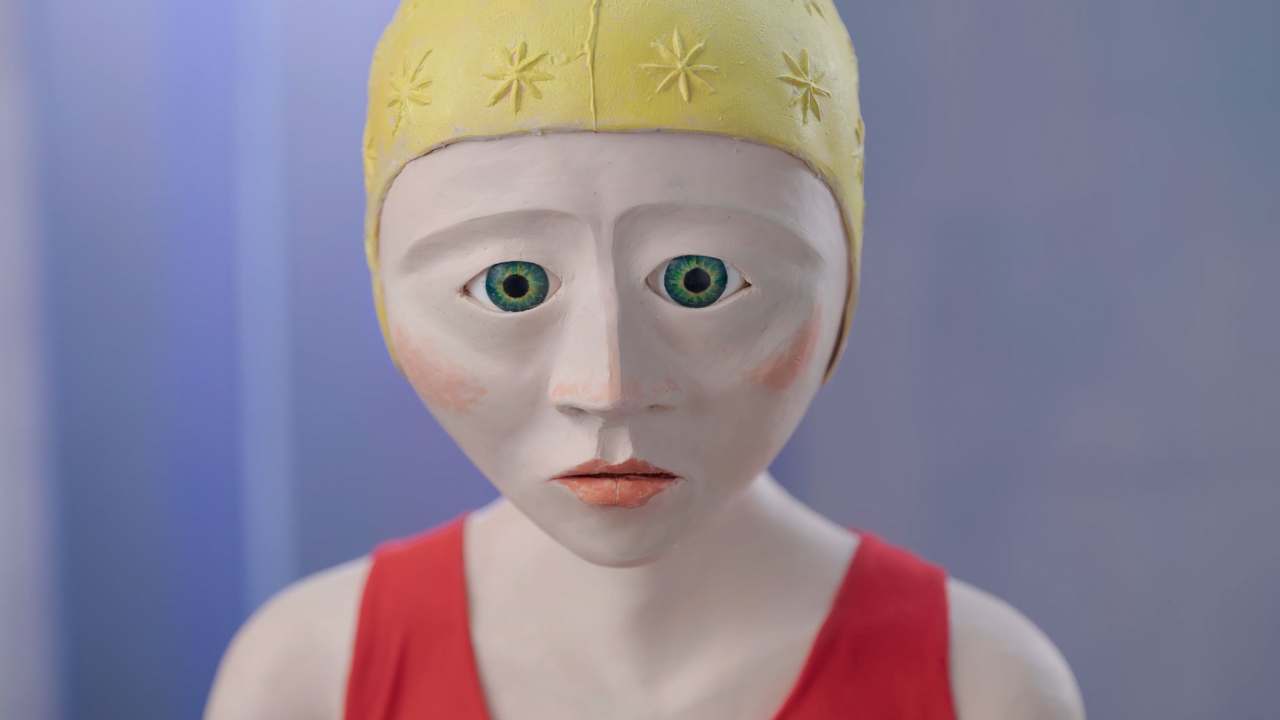
In 1950s America, schools routinely screened “educational” films that promoted an idealised image of womanhood. A capable and well-groomed housewife whose chief aspiration was to marry well. Jan Krawitz has woven fragments of these films into her short documentary essay Nice Girls Don’t Ask, a work that feels disturbingly pertinent at a time when women’s rights are once again at the centre of political debate. In Beyond Eden, we meet women who skipped class or whose rebellious spirits made them immune to the propaganda of such patriarchal imagery. In the 1970s, a group of American lesbians sought to create a world without men. Over fifty years later, Al Johnstone visits their commune with a camera in hand, offering a glimpse into an ageing community of women supporting one another. The mother depicted in the animated documentary Mama Micra might have become friends with them. Before marriage, the protagonist of Rebekka Blöcher ’s film travelled the world and lived a rather unconventional life. Even after starting a family, she couldn’t stand being stuck at home and soon took off again — her absence leaving a void in her daughter’s life. The protagonist of The Pool or Death of a Goldfish seems to be a total opposite. The girl has long played the role of the obedient daughter — the metaphorical goldfish — fulfilling her parents’ wishes, suppressing her own desires, and gradually erasing herself. But long repressed emotions begin to pour over her like water in a pool, making her face with a dilemma: do you drown in your own tears and unspoken sorrow or kill the “goldfish” within and reclaim your freedom?
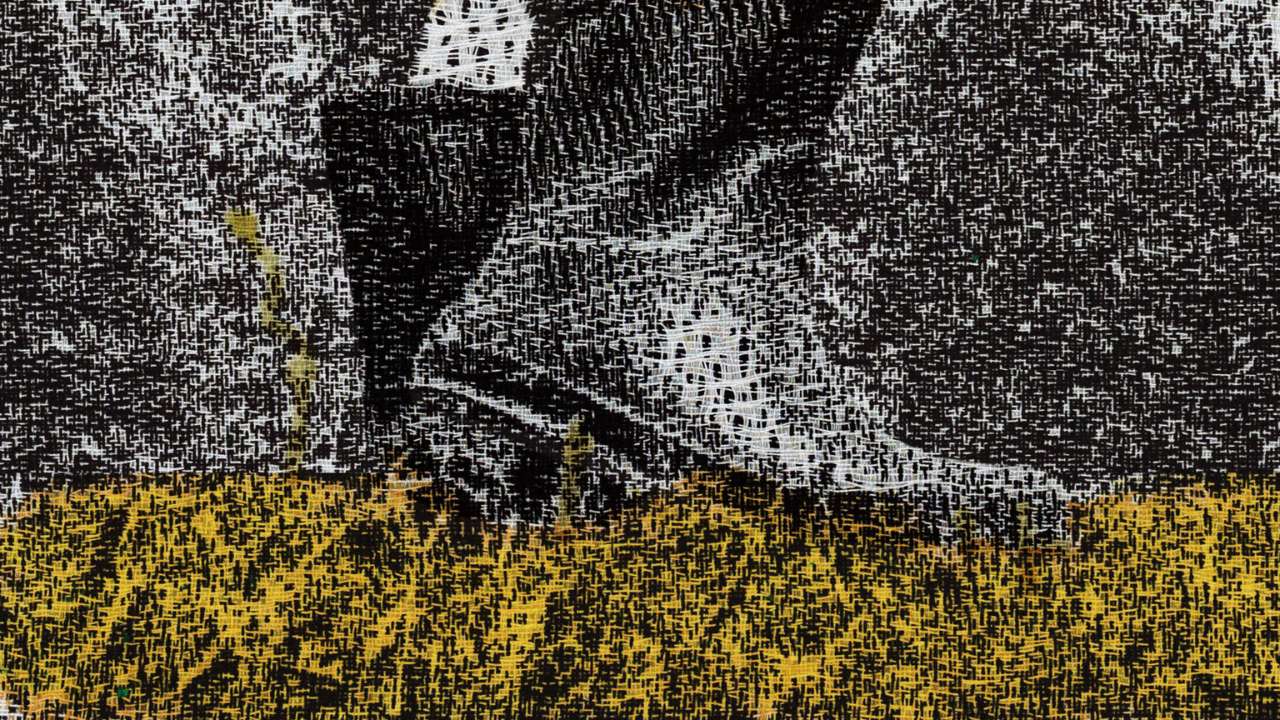
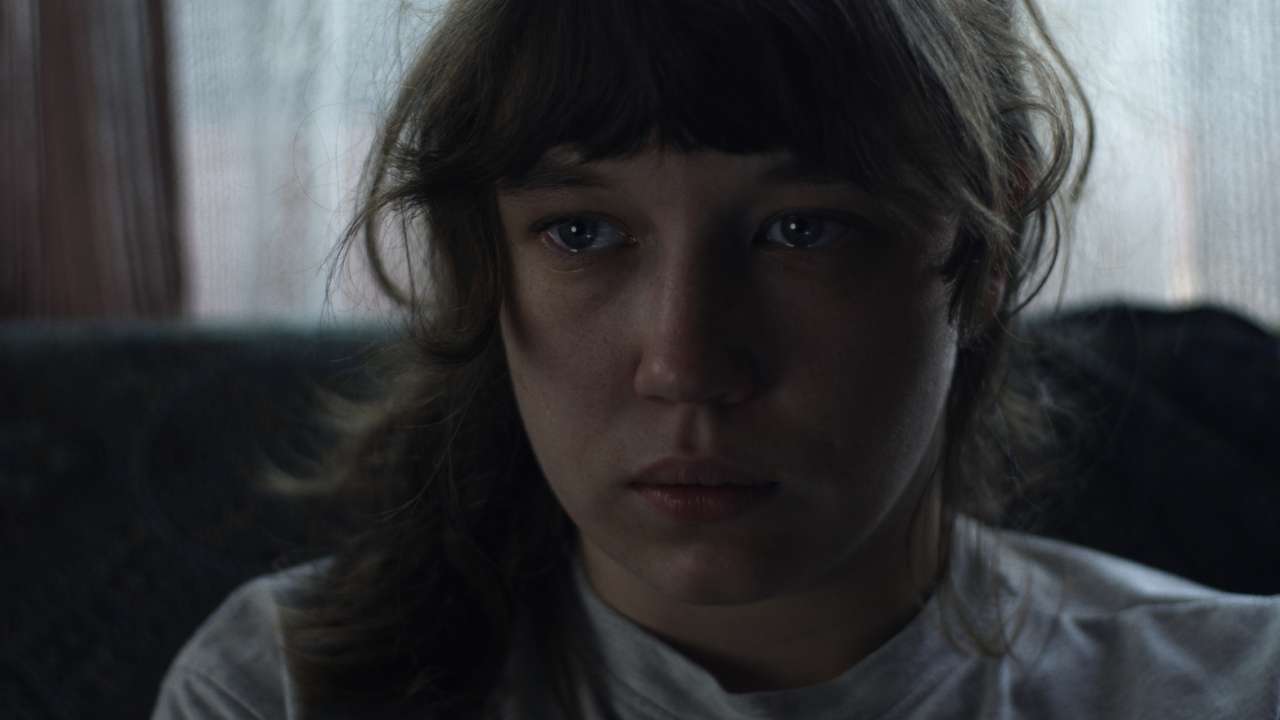
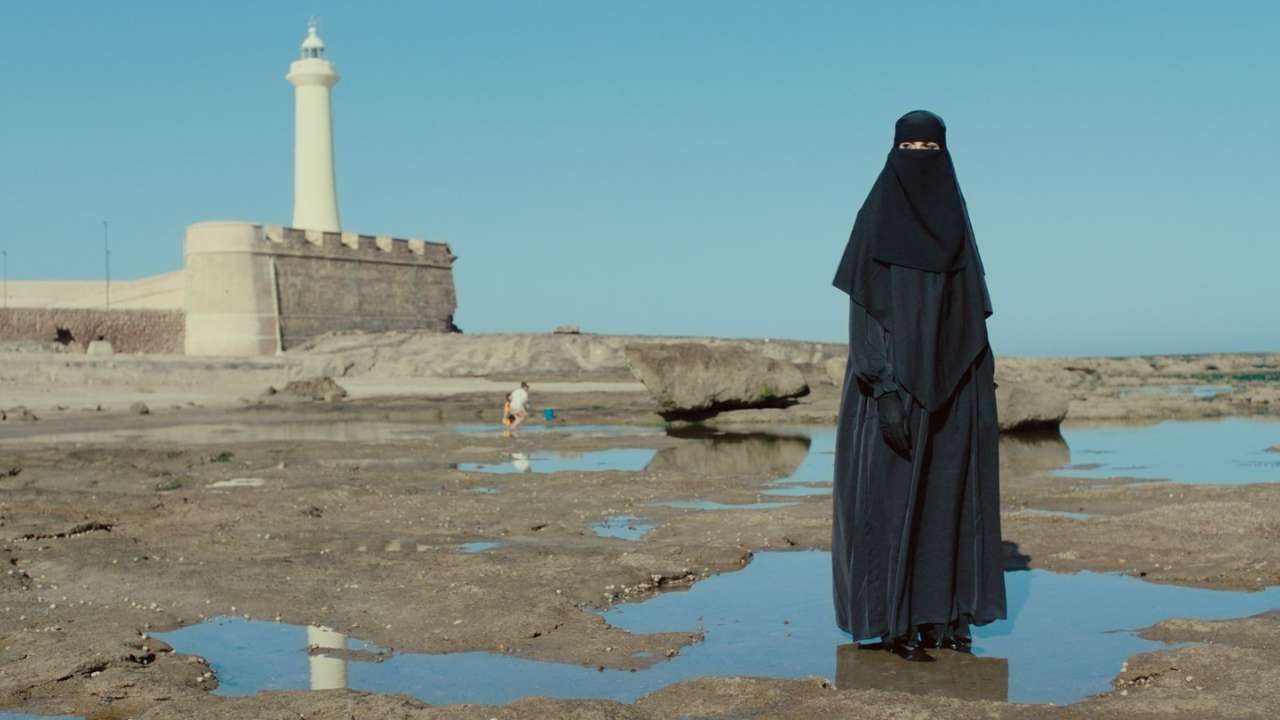
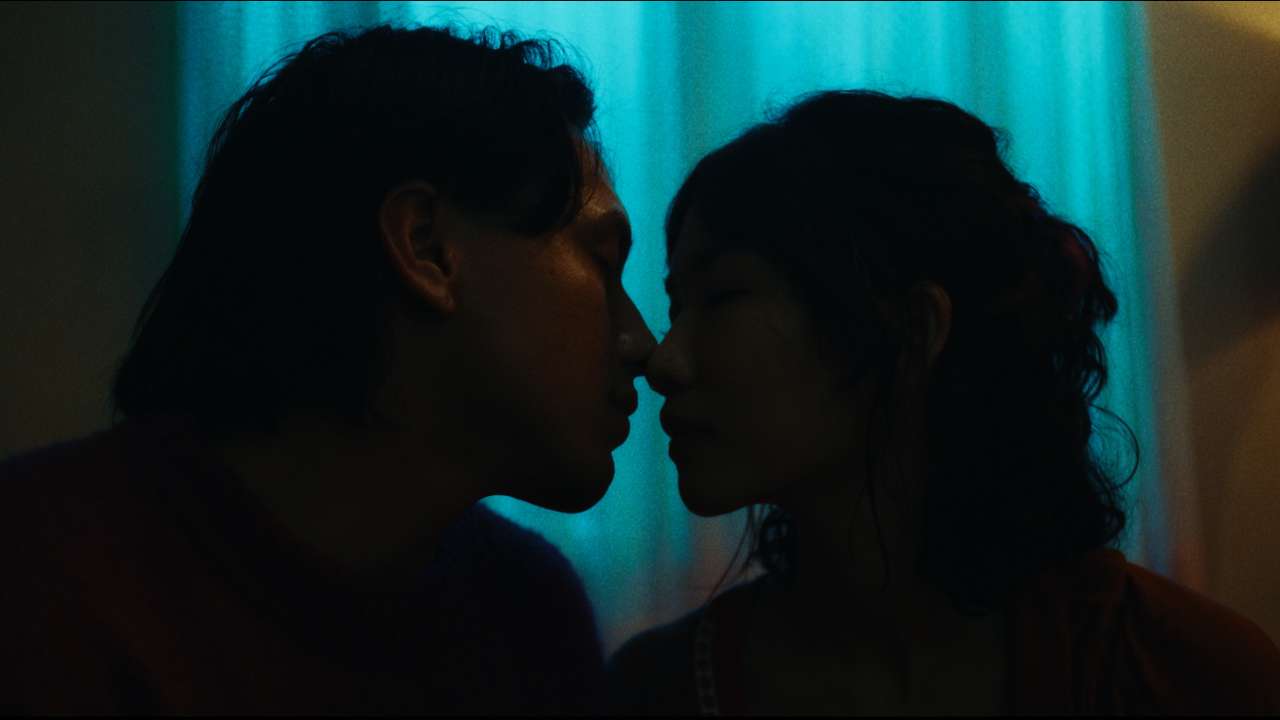
The story of animator Kate Nartker’s own great-grandmother inspired her unique woven short Whose Woods Are These. Barefoot walks on the grass, berry picking, the eerie hoot of an owl, quietly observing a wolf — nothing foretold what was to come. The woman entered the forest and never returned. The young patient in Living Stones steps into a metaphorical darkness. Plagued by nightmares, she confides in her therapist, each session taking her deeper into increasingly darker recesses of her subconscious. Jakob Ladányi Jancsó skilfully interweaves the present with the protagonist’s troubled past in a story that will feel painfully familiar to countless young women. The 17-year-old Moroccan girl contending with depression and the suffocating constraints of patriarchy and tradition could end up on a similar therapy couch. Aicha, directed by Sanaa El Alaoui’s, is a moving portrait of women living in a dangerous world. Here, the violence is presented with great subtlety through animation made by Tomek Popakul and Kasumi Ozeki. Rein Maychaelson is much more direct in portraying violence against women in Sammi, Who Can Detach His Body Parts. A mother learns of her son’s death. The young man had a unique ability to detach his limbs, and, moved by compassion, he would share parts of his body with those in need — one of whom was his beloved. The girl ultimately uses his “gift” to exact revenge on her abuser.
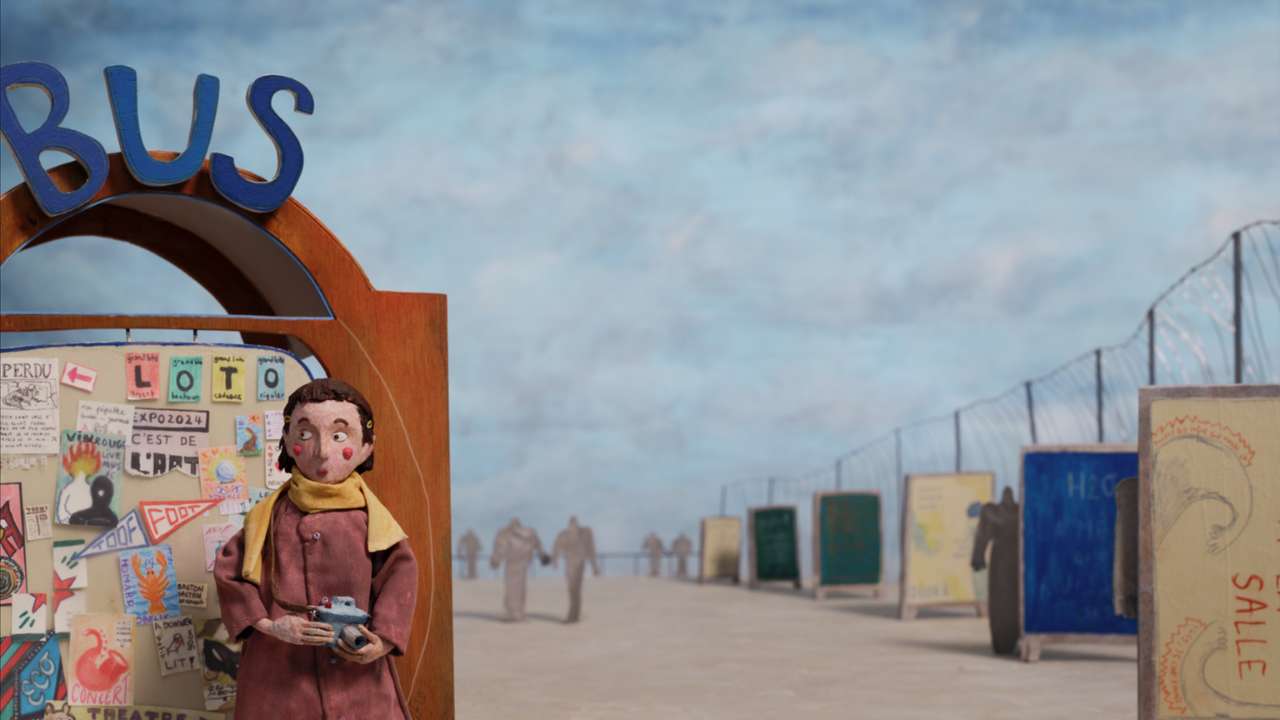
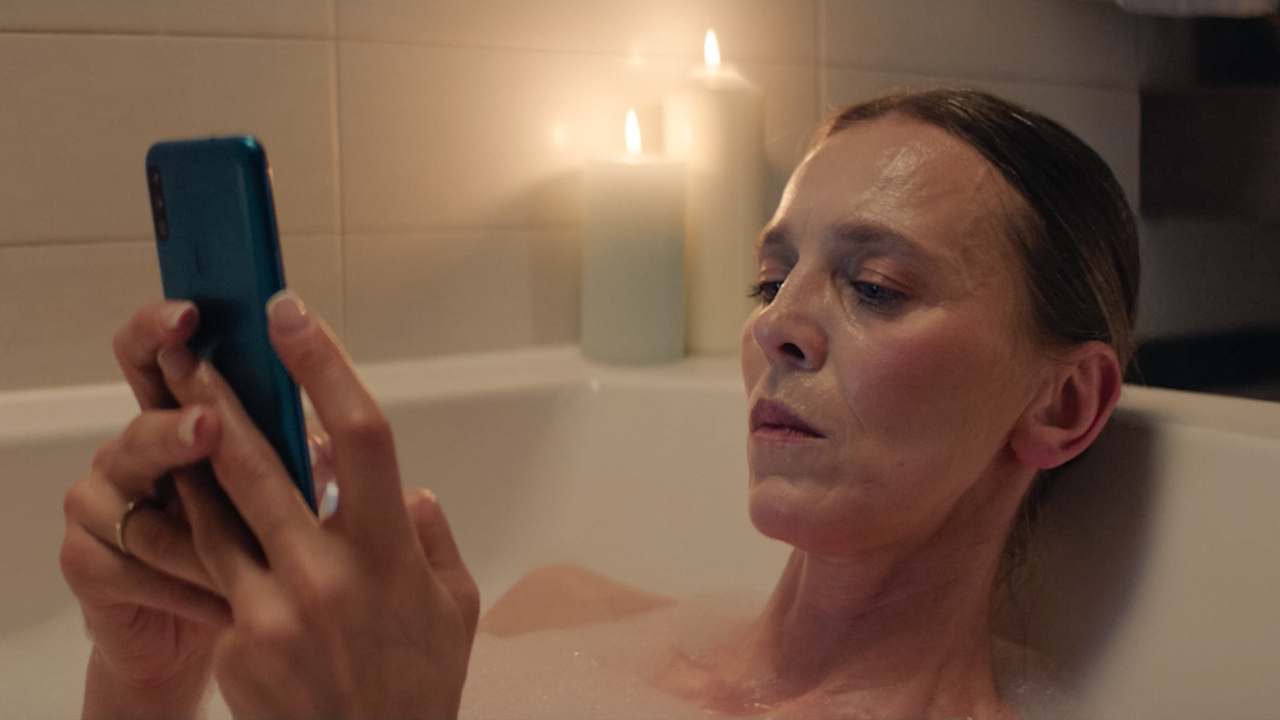
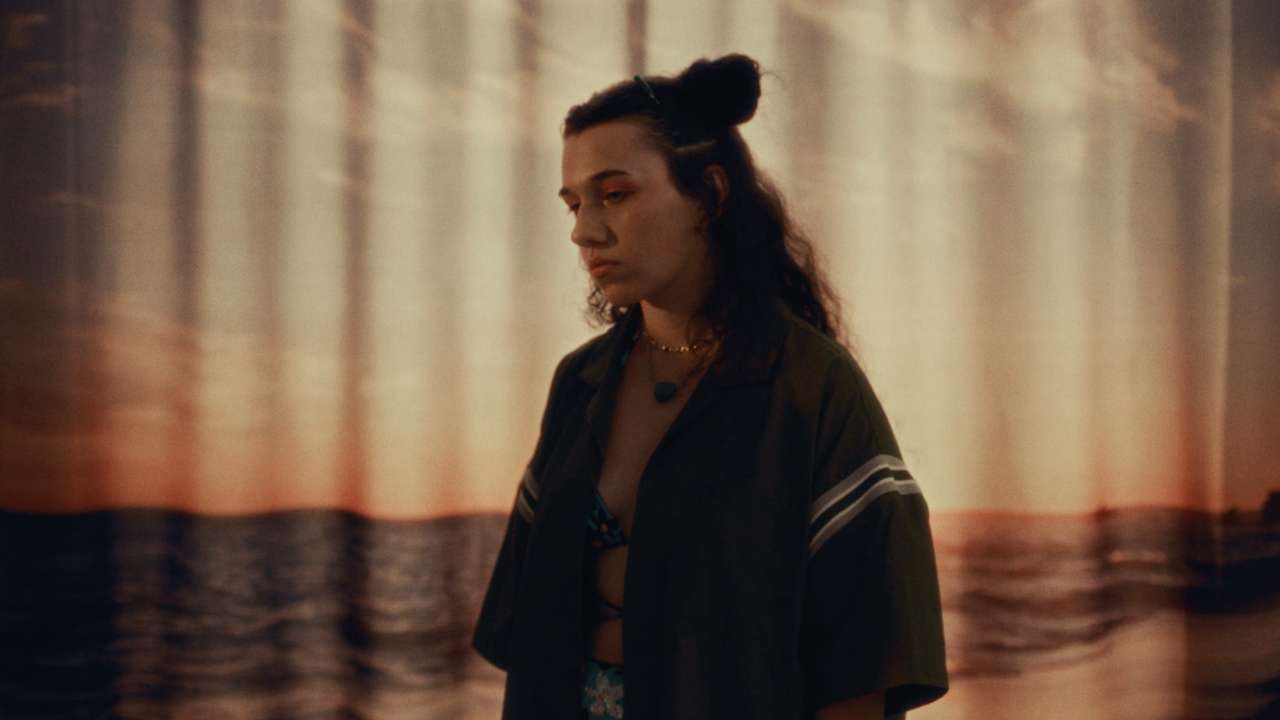
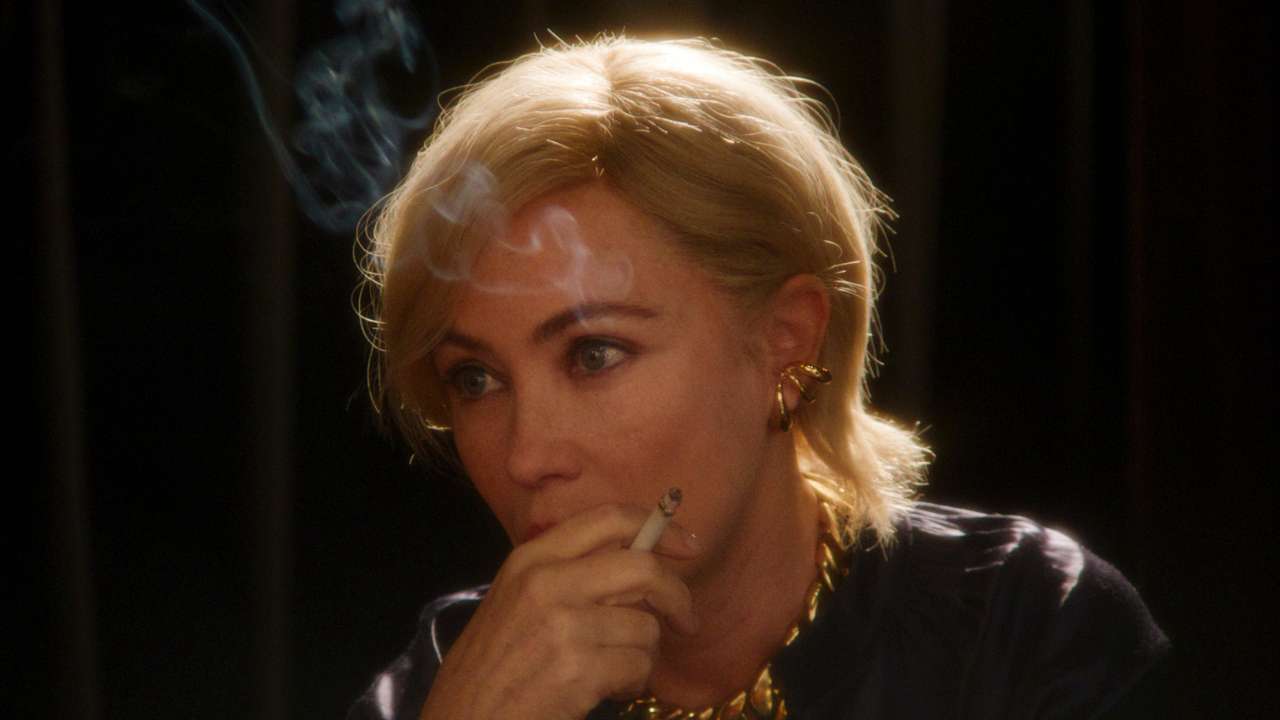
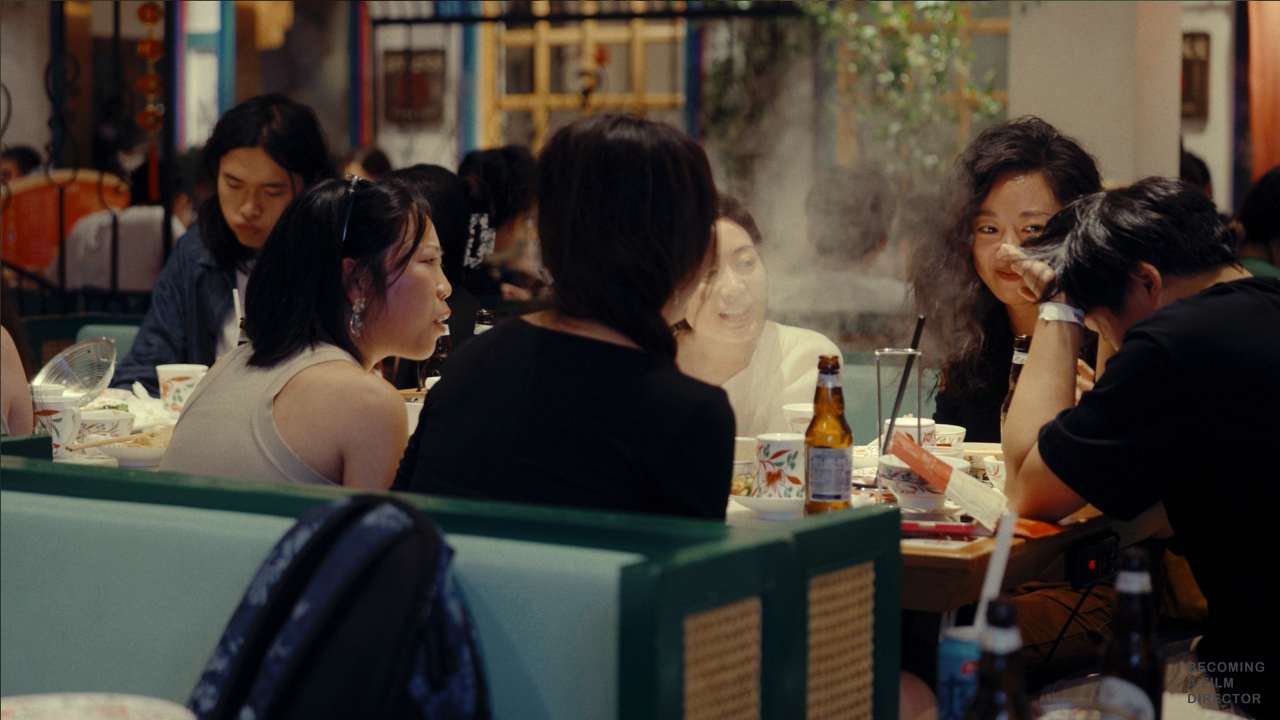
Danger, however, may come from places you least expect – a notion explored in Lea Favre’s animated short. A young Swiss filmmaker embarks on a “hunt”, in search of the perfect subject for her next project. She eventually “captures” a compelling figure, and the titular Hunting seems a success — until, of course, it isn’t. Appearances can be deceiving, as underscored in Daria Kopiec’s film. The provocative It’s All Because Of Her follows a controlling mother and widow who has never recovered from her husband’s death and is desperate to forge a bond with her teenage son. Under the cloak of online anonymity, she assumes the identity of a young girl – and boundaries are soon going to be crossed. In her short project Wassupkaylee, Pepi Ginsberg questions whether any boundaries still exist, especially in the world of online influencers. Her protagonist finds herself in a house tailor-made for people like her – for whom likes and shares are everything. It is precisely such a world that the titular heroine of Laura Thomassaint’s Amelia Starlight seems to have fled. The film stars French cinema icon Emmanuelle Béart as the eponymous singer. She has retreated from public life years ago. The terminally ill star decides to make one final television appearance. Perhaps one of the two protagonists in Rongfei Guo’s documentary Becoming a Film Director might one day make a film about her. The director follows their journey from initial concept to production, asking questions about the meaning of creation and revealing the everyday struggles women striving to reconcile artistic ambition with the burdens of daily life must face.
About Men
Complex family and social relationships, traumas that cast long shadows over relationships, and passions that offer respite in the darkest hours of life. This year’s contenders for the Golden Dragon are exploring masculinity and its snares in unexpected ways.
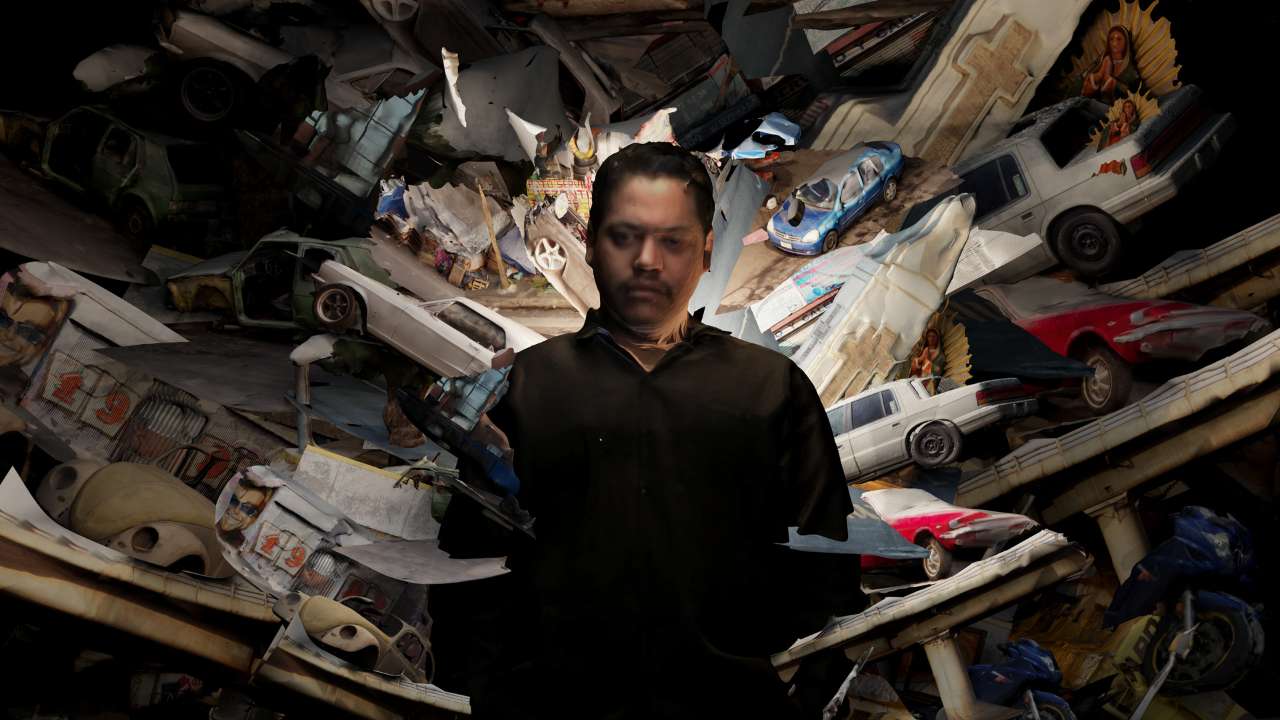
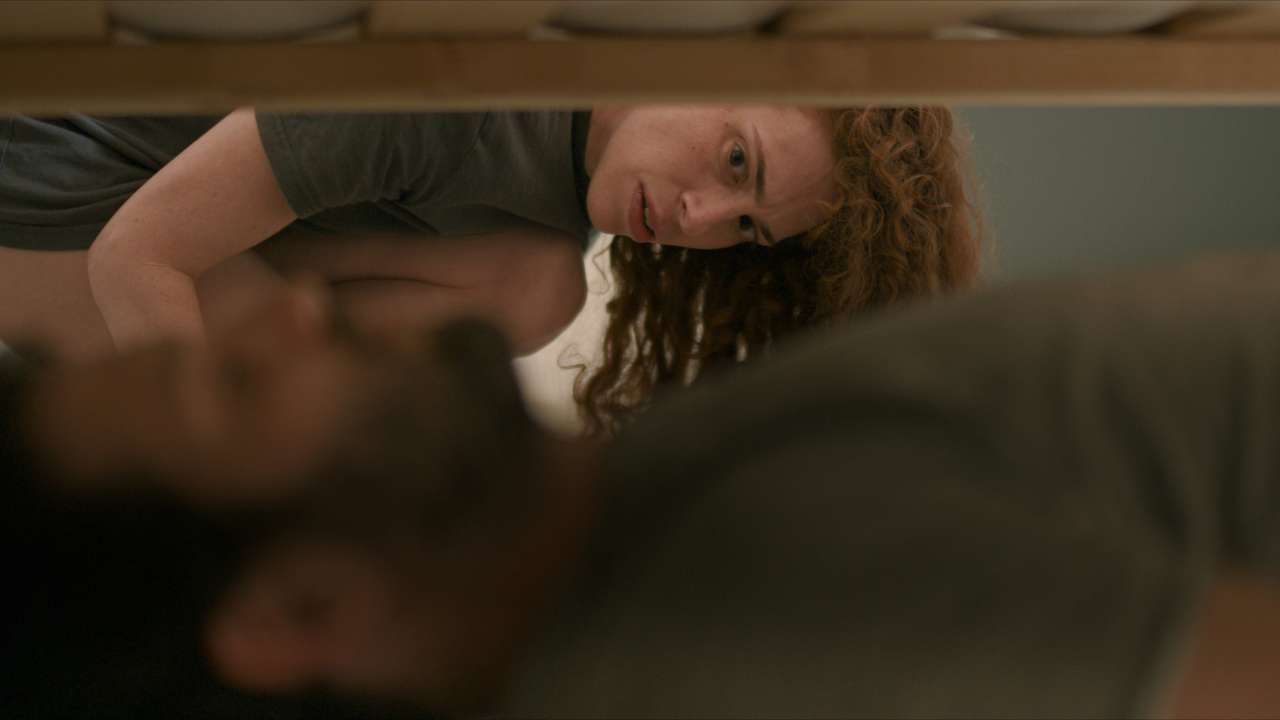
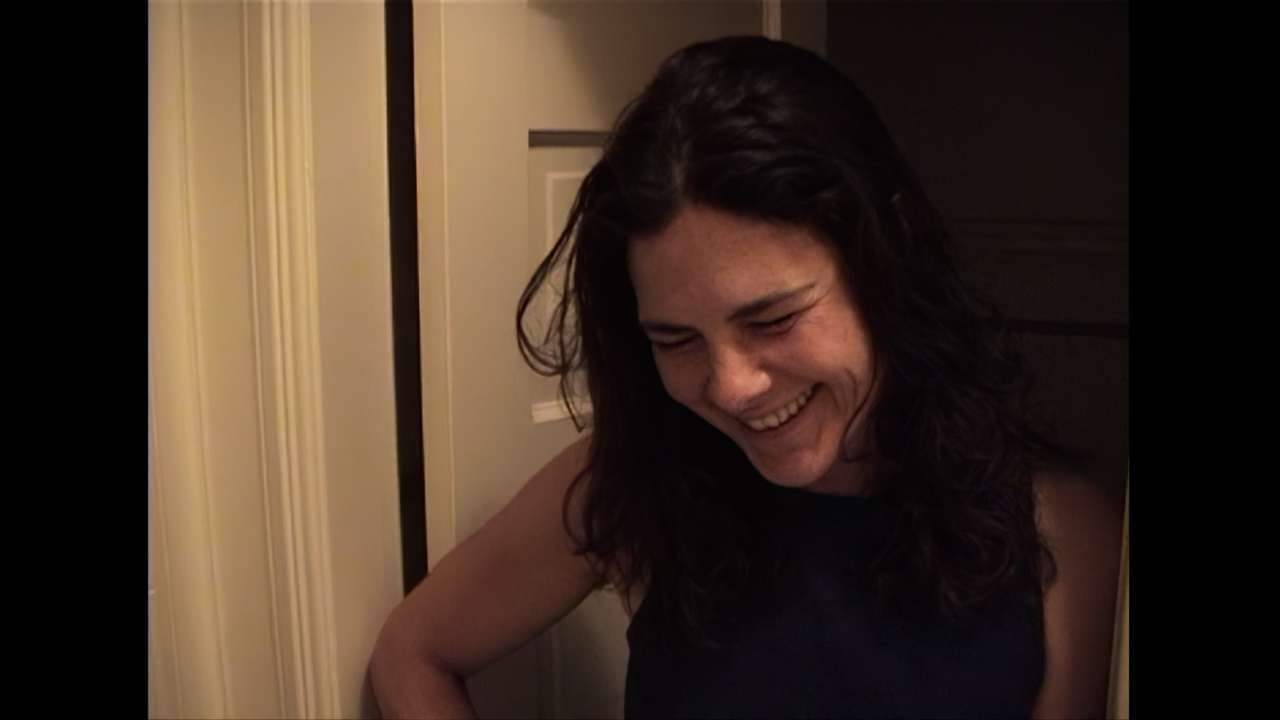
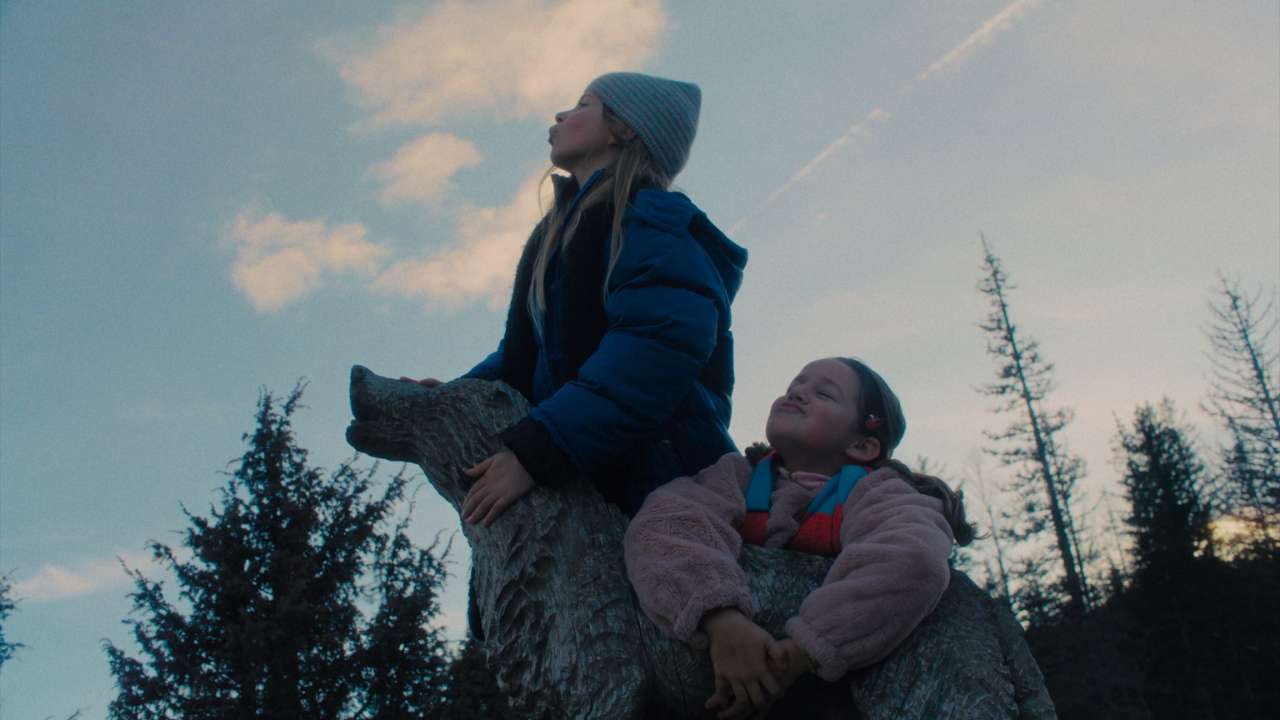
Joel tears through the city on a motorbike like a hero from an ’80s action film. He only ever wanted to fix cars, but instead he’s “cleaning up” the mess his clients leave. When he leaves a family celebration to take on yet another dirty job, he starts having second thoughts. Esteban Azuela and Luce Grosjean’s animated film Aferrado pulses to a disco beat. It’s an animation set in a dystopian, glitch-infused world about a man crumbling under the weight of a world filled with violence. Cruelty and killing are familiar territory for Nadav, the protagonist of Elephant in the Desert, directed by Yael Nivron. He refuses to share the horrors of his past with the woman he loves. She can only begin to imagine the things he did in the Israeli military. Unspoken sentences and unaddressed traumas begin to erode their relationship. Jay Rosenblatt stands at the other end of the spectrum from Nadav. A master of avant-garde cinema, he once again turns the camera on himself. Together with his partner Stephanie Rapp, he shares a profoundly intimate moment from their life. Filmed 25 years ago, Heartbeat is a raw recording of a couple navigating the emotional turbulence of impending parenthood. But what happens when the children arrive – and the relationship is falling apart? Winter vacation in the Alps, family competitions, fooling around on the slope and a father with a camera to record their last holiday together. Last Snows by Sarah Henochsberg is a subtle film where the issue between the parents do not dominate the emotions of their adolescent daughters.
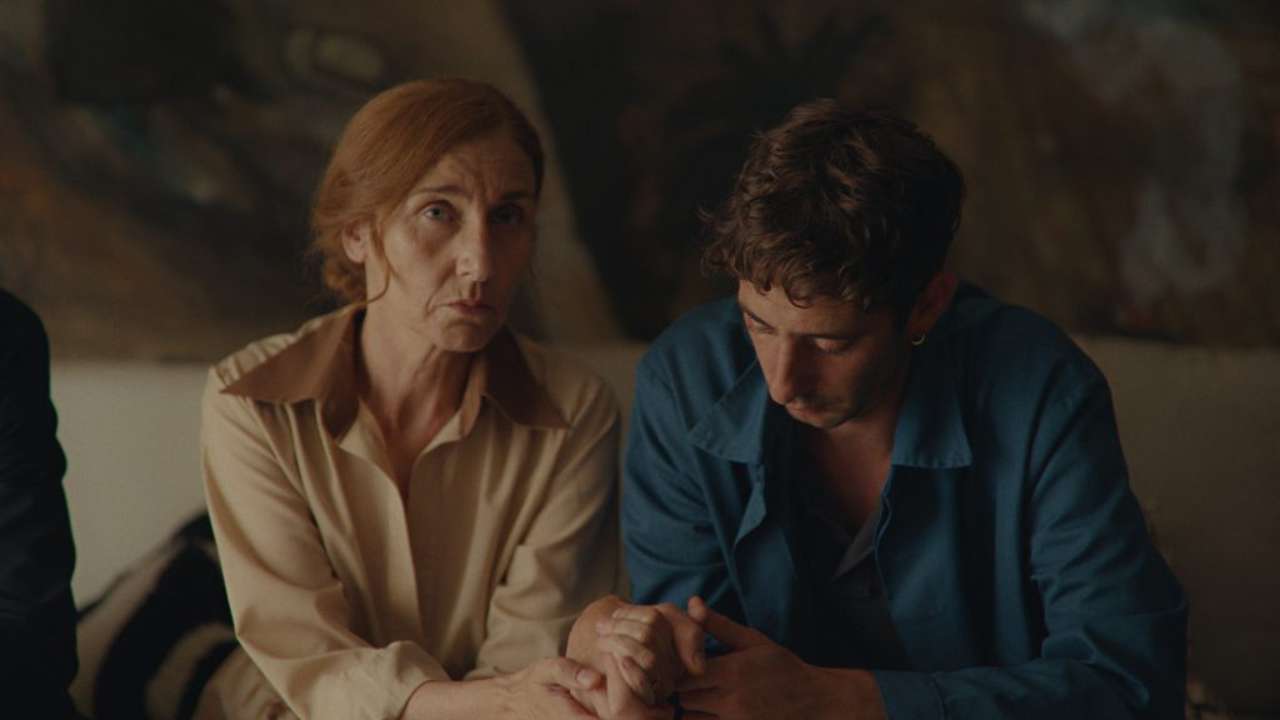
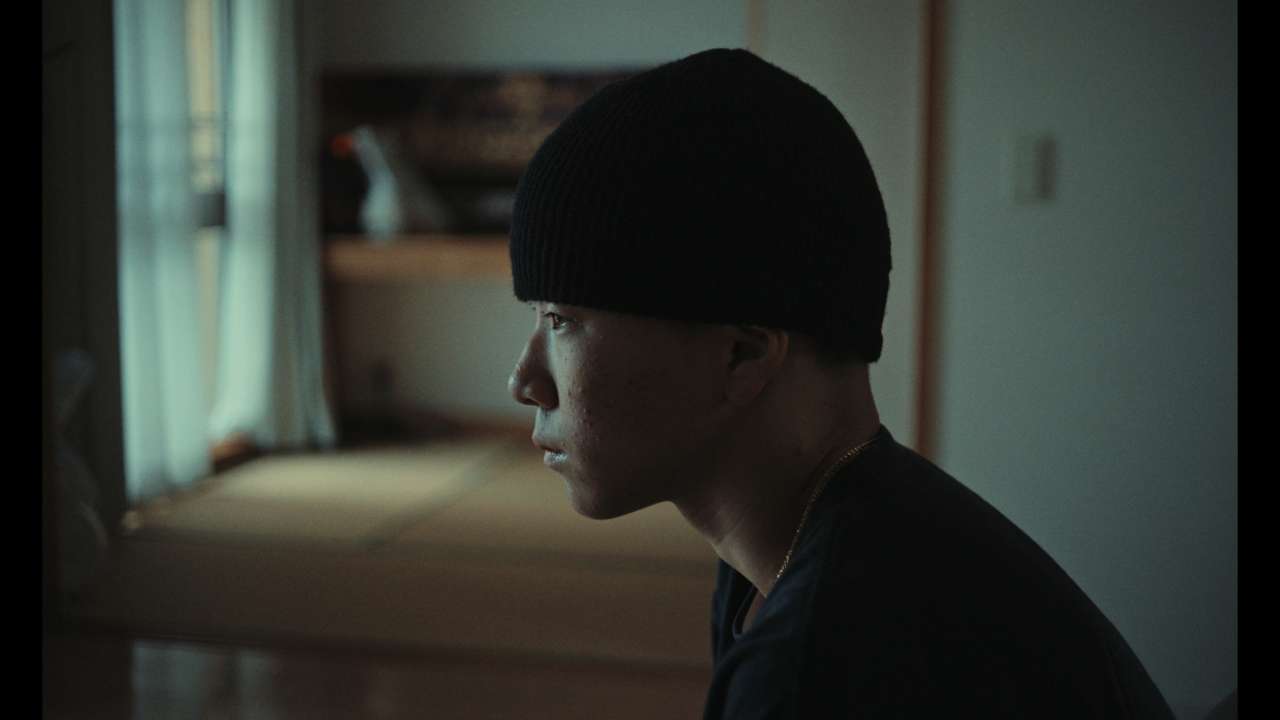
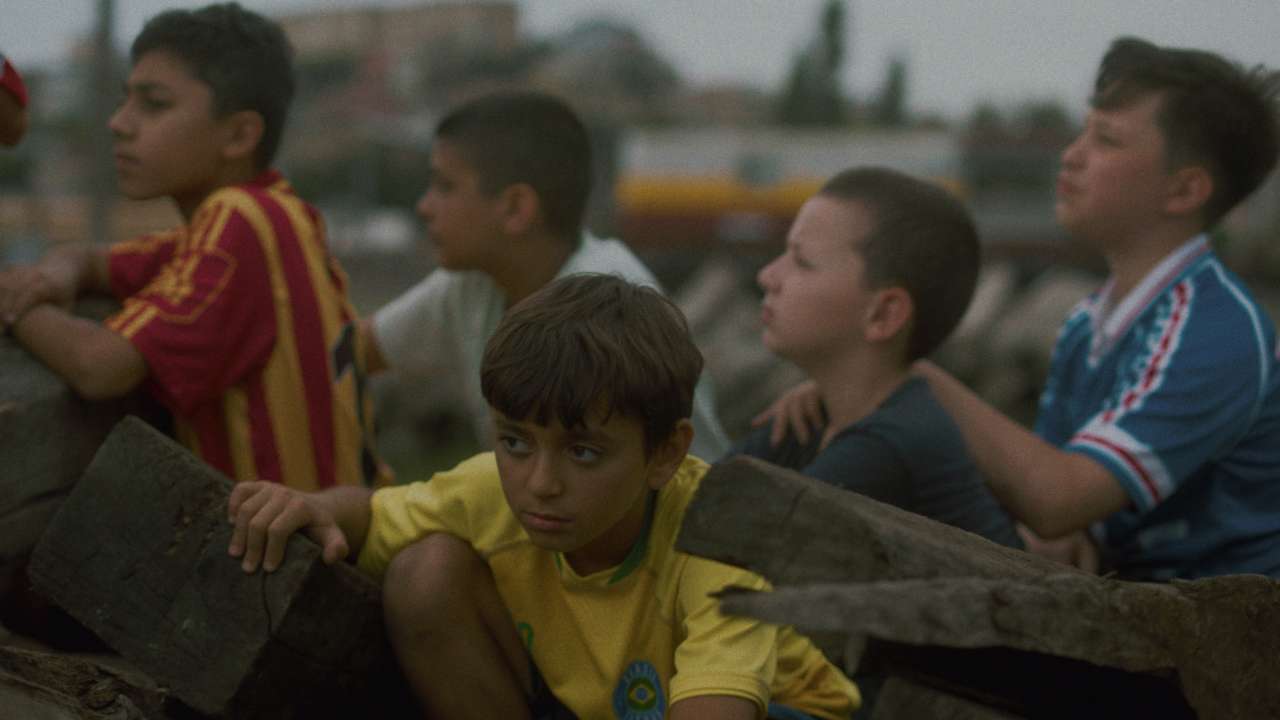
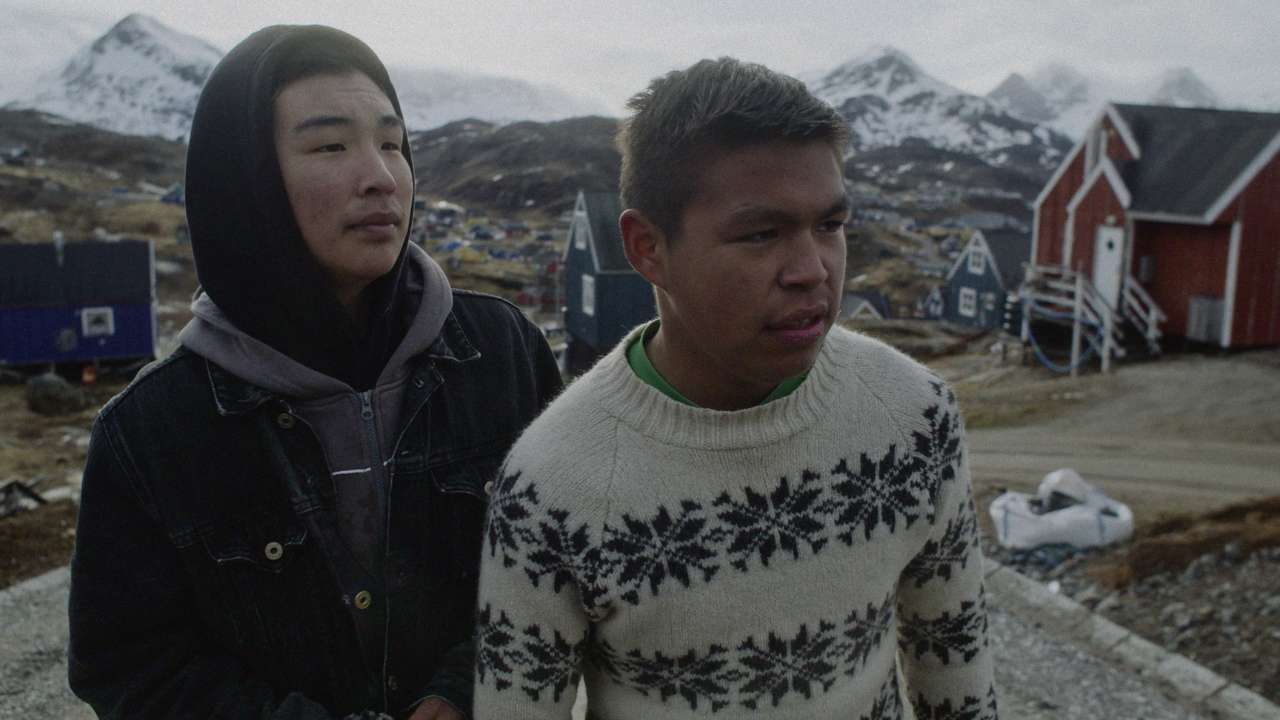
Two next films focus on talented dancers. In the fiction film The Prince, Alex Sardà tells the story of Artur, a talented performer from a wealthy family. Right before an important performance, his father is accused of serious financial crimes, which may jeopardise the future of the entire family. Artur becomes their last hope, expected to let go of his own integrity and remain loyal to his corrupt relatives. On the other hand, the documentary A Quiet Storm by Benjamin Nicolas introduces us to a loving family. The 14-year-old Maïto is exceptionally gifted, and his skills become not just an outlet for stress but a means of communicating with his deaf sister. Raised in a home where the needs of his disabled sister had always come first, his dancing became a way of reminding his overworked mother that he, too, was there. A completely ordinary 11-year-old boy is the focus of Nurlan Hasanli. The kid from Early Feelings, like all his friends, lives for football and takes every opportunity to play with his buddies. Their routine is interrupted by the sudden death of a neighbour and funeral ceremony where he notices a certain beautiful girl. Kaali, the teenager in the Greenlandic film The Thief, found the love of his life in his dog. When she goes missing, he’s desperate to find her – was she caught by animal control? Or, perhaps, someone stole her? Christoffer Rizvanovic Stenbakken offers an unexpected answer.
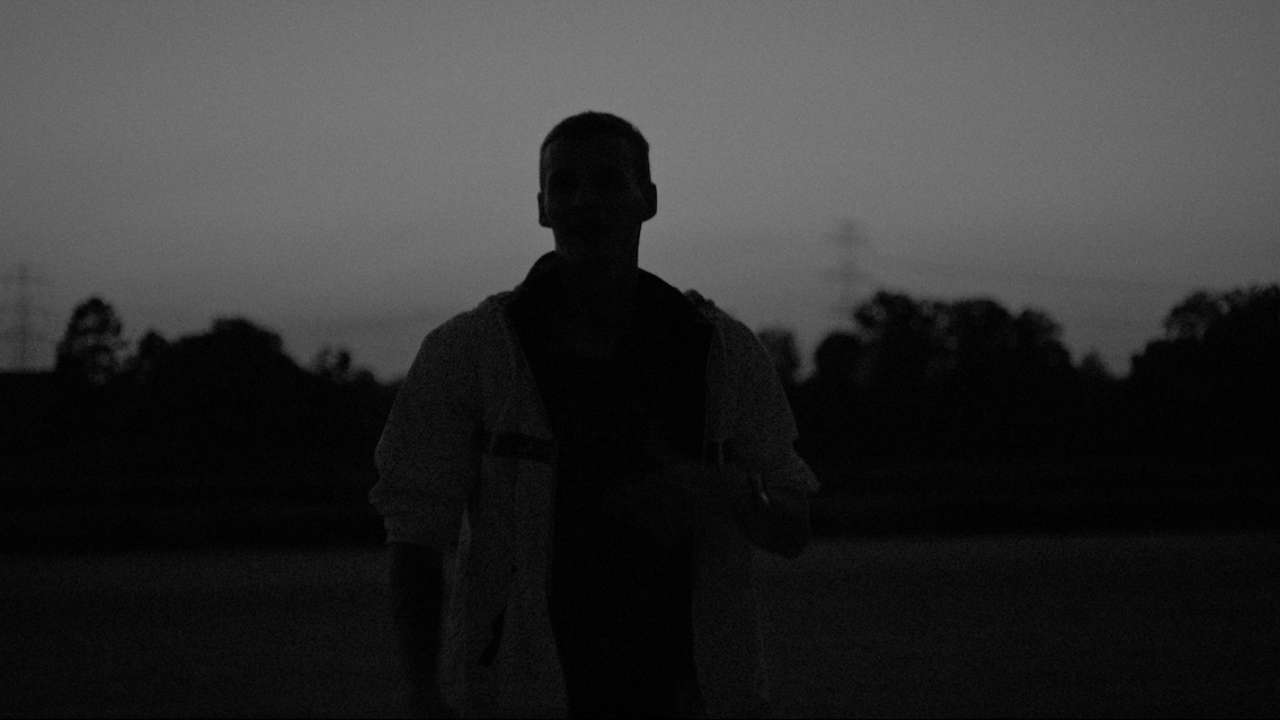
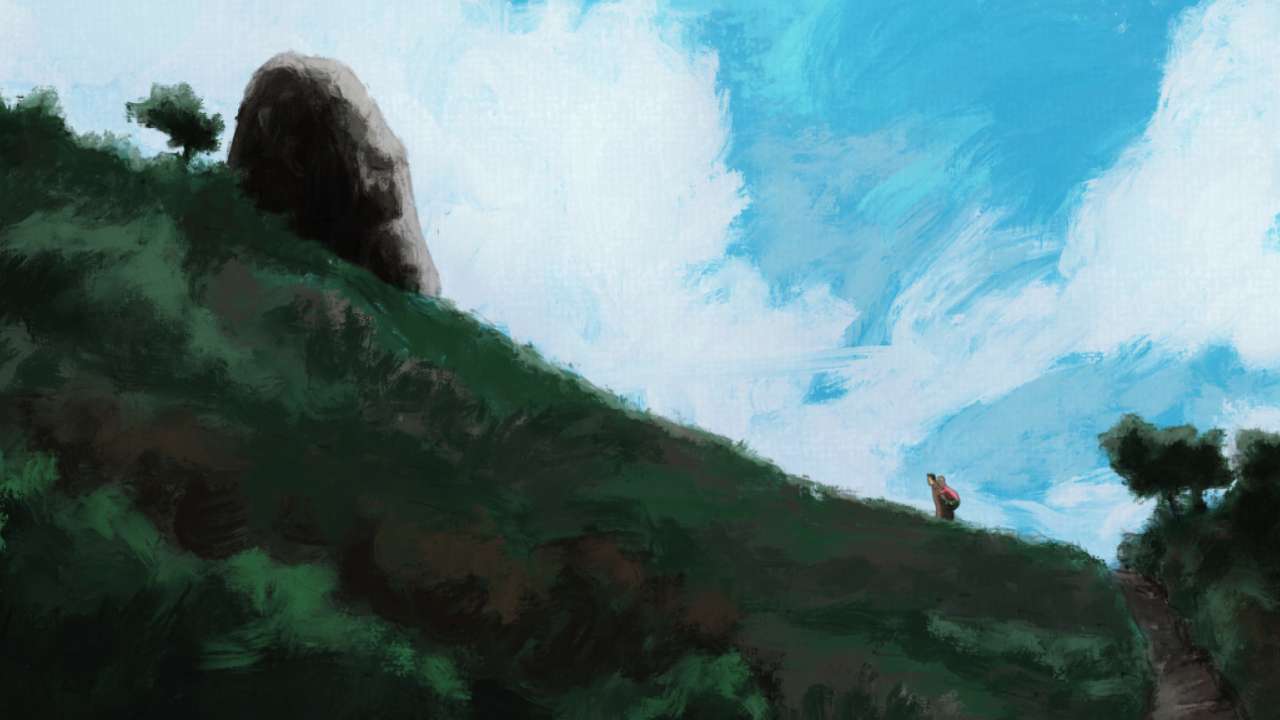
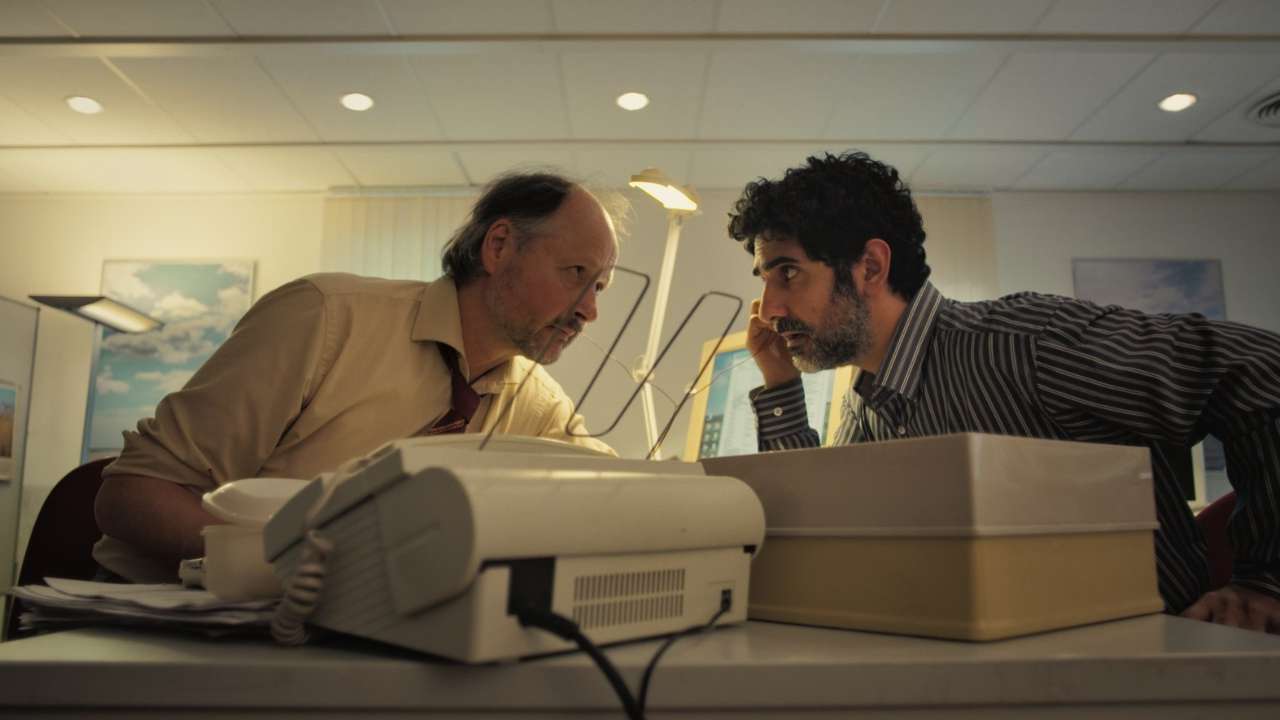
There are more and more towns like this. Most residents have already left, those who remain are strongly considering doing the same. Lenz refuses to dwell on it. He’d rather pine for his colleague and watch the local men burn tyres and drink. The Last People by Nicolás Pindeus is a melancholic portrait of a vanishing world, where even alpha males have no chance of survival. Themes of departure also echo through Mother’s House, a Korean animation by Changsoo Kim. Young-soo places his mother, suffering from Alzheimer’s, in a care home. Driving back home, he runs over a bizarre pair of sheep – a mother and son who resemble humans. As he tries to help the mother-sheep, he begins to understand the difficulty of his current situation. That kind of awareness is entirely absent in Sweden, directed by Nik Azad, where a man finds himself in an office filled with documents and inhabited by weary clerks. His papers are missing the essential identification number, his case grinds to a halt, and he himself ends up trapped in the office for good.
About the World Around Us
There are topics you simply cannot escape from. The war just beyond our border, growing economic inequality, the climate disaster, and the resulting refugee crisis. To survive, we seek help – though it doesn’t always bring the results we expect.
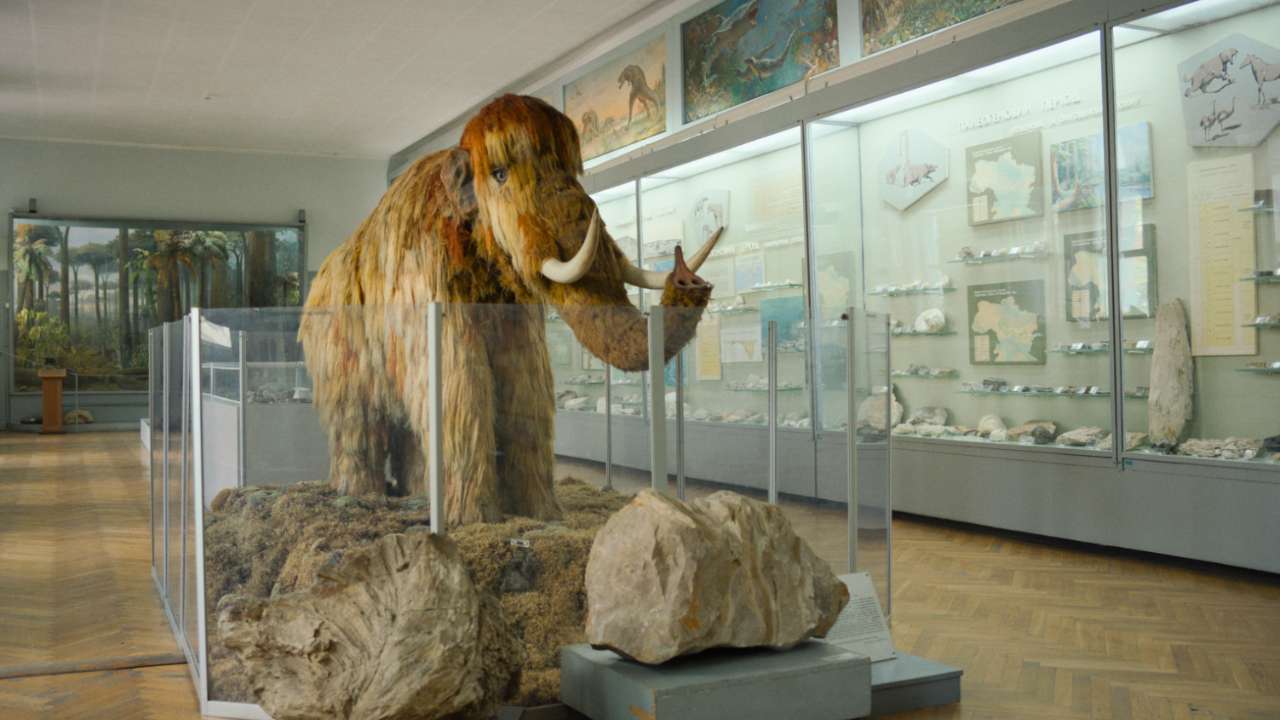
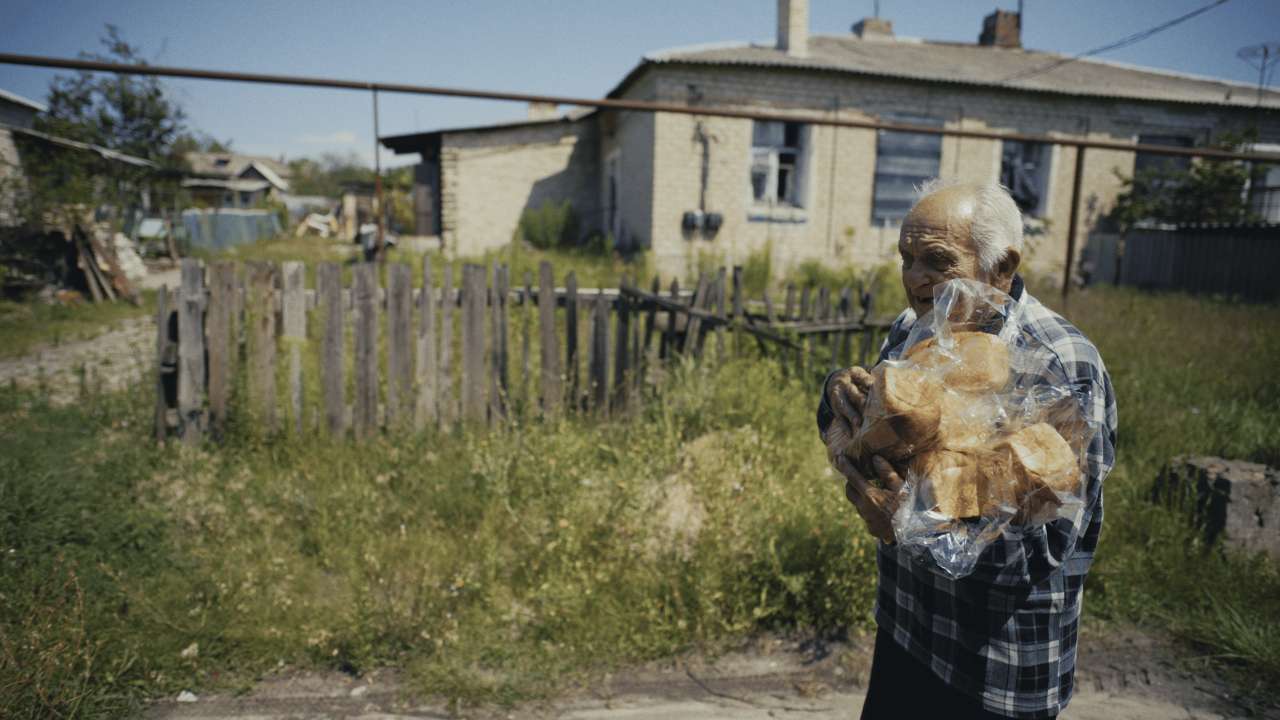
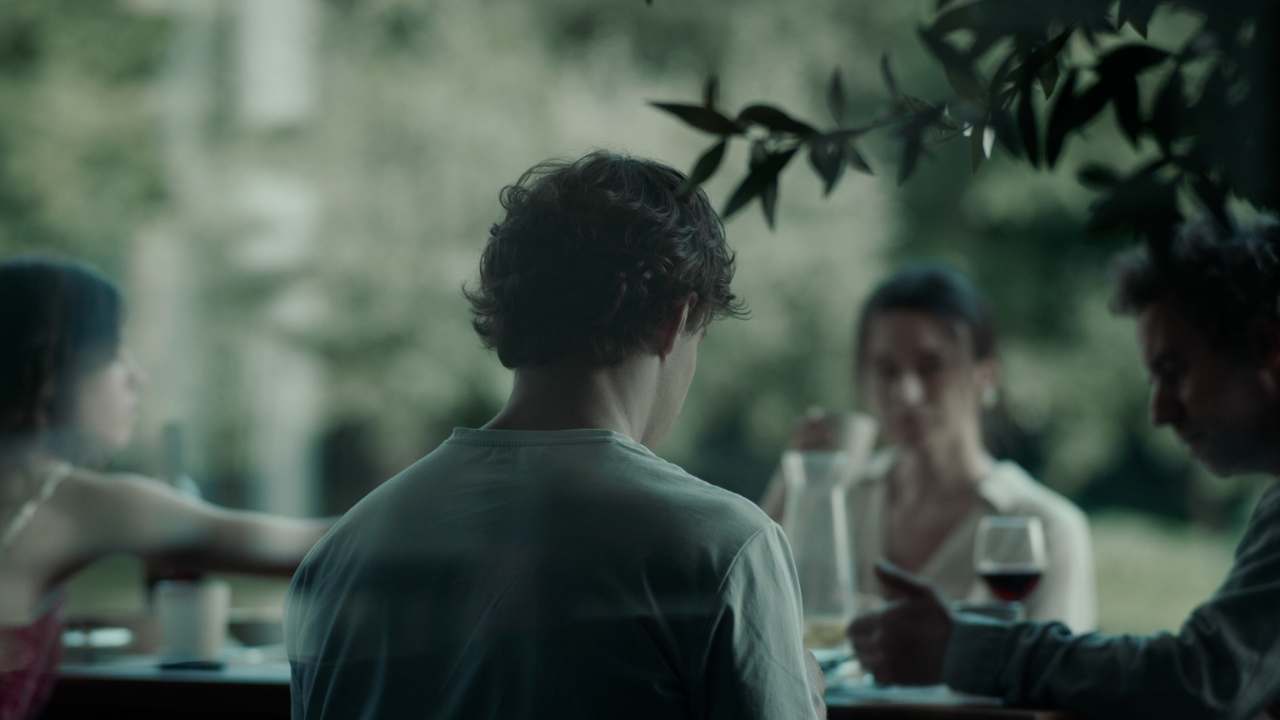
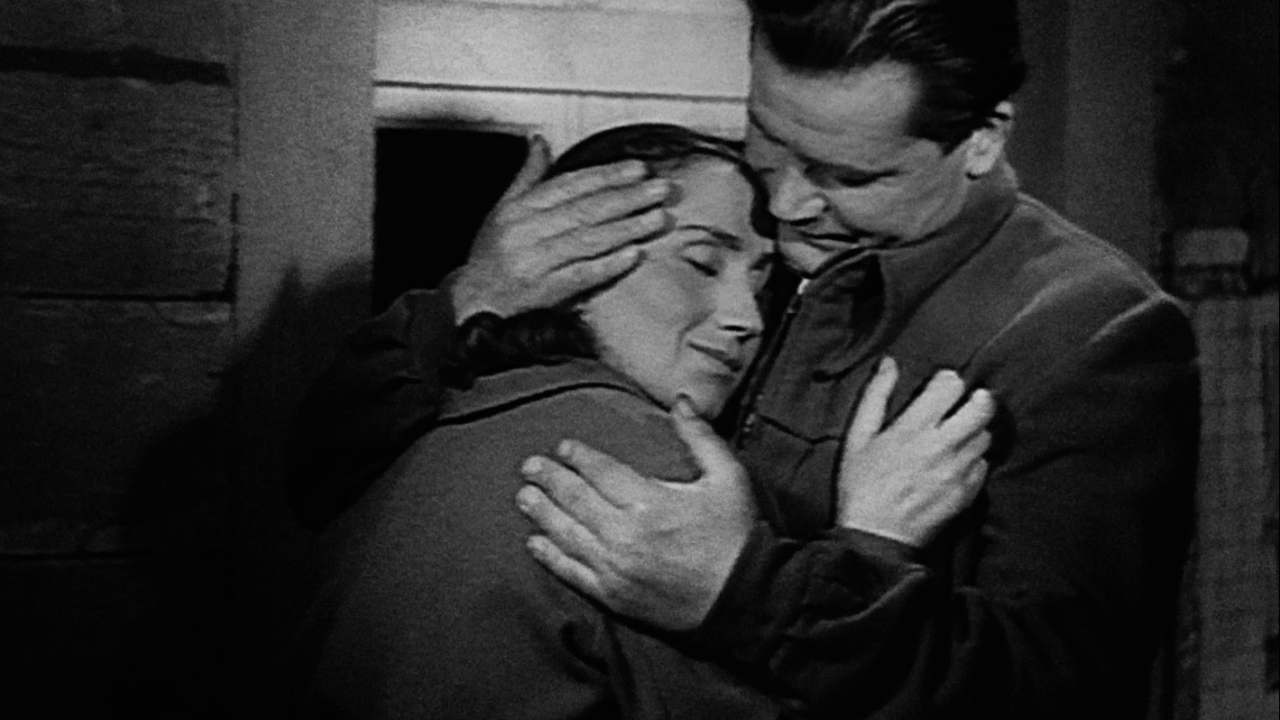
June 2023. Over a year since Russia’s invasion of Ukraine, war is still on the streets. Yet Kyiv’s Natural History Museum grants children a brief respite. A teacher guides them through a world that existed millions of years ago — one untouched by war — offering a fleeting moment of life without fear. In Paleontology Lesson, Sergei Loznitsa asks whether escaping into the past can help us face the present. In the same city, a bakery employs people with disabilities. Director Sofiia Buhrii’s film In 769 km, New York captures their daily work and how their bread reaches those in greatest need – the people living closest to the front line. The protagonists of Look Homeward by Artem Rachkelyuk, now living in Poland, have a different perspective. By sending Vlad and his younger sister abroad, their parents wanted to keep them safe, but the ongoing war give them peace of mind. After more than 80 years Maja Górczak returns to other tragic memories in the documentary As Long As They Don’t Find Us. Composed of archival footage, it’s a portrait of Stefania Świeca, one of the first female film directing students at the Łódź Film School, whose promising career was cut short by World War II.
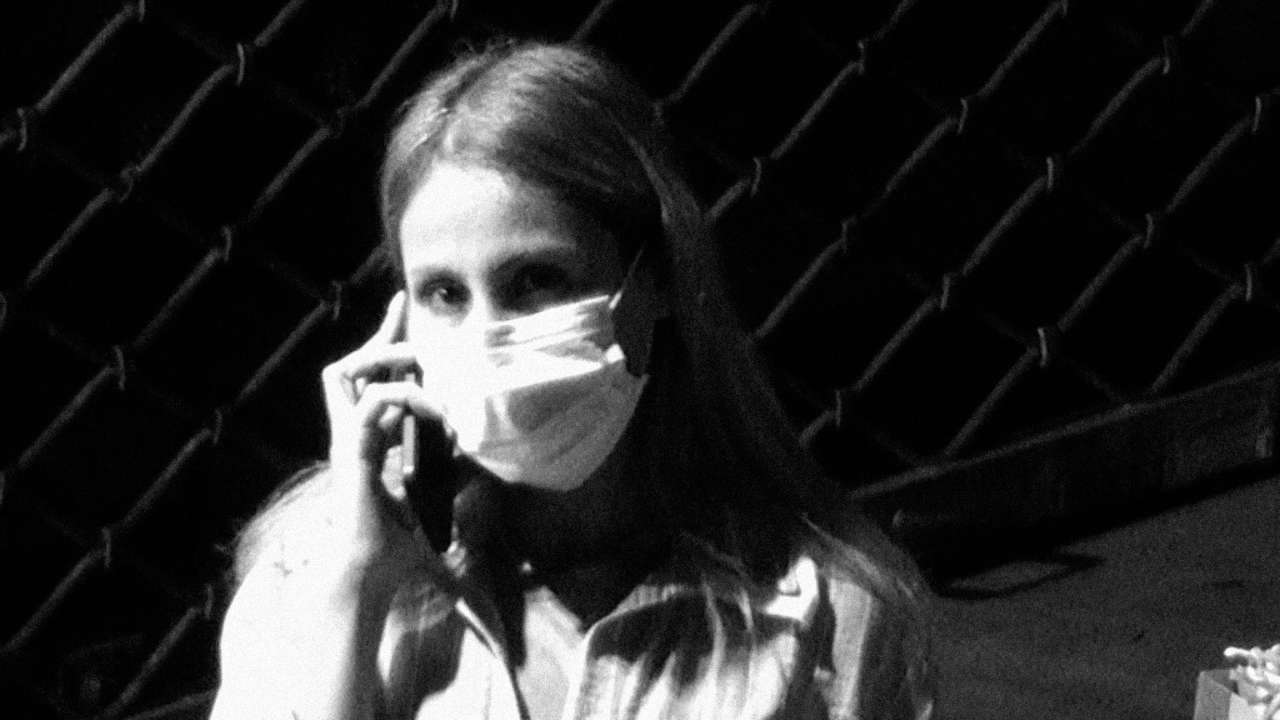
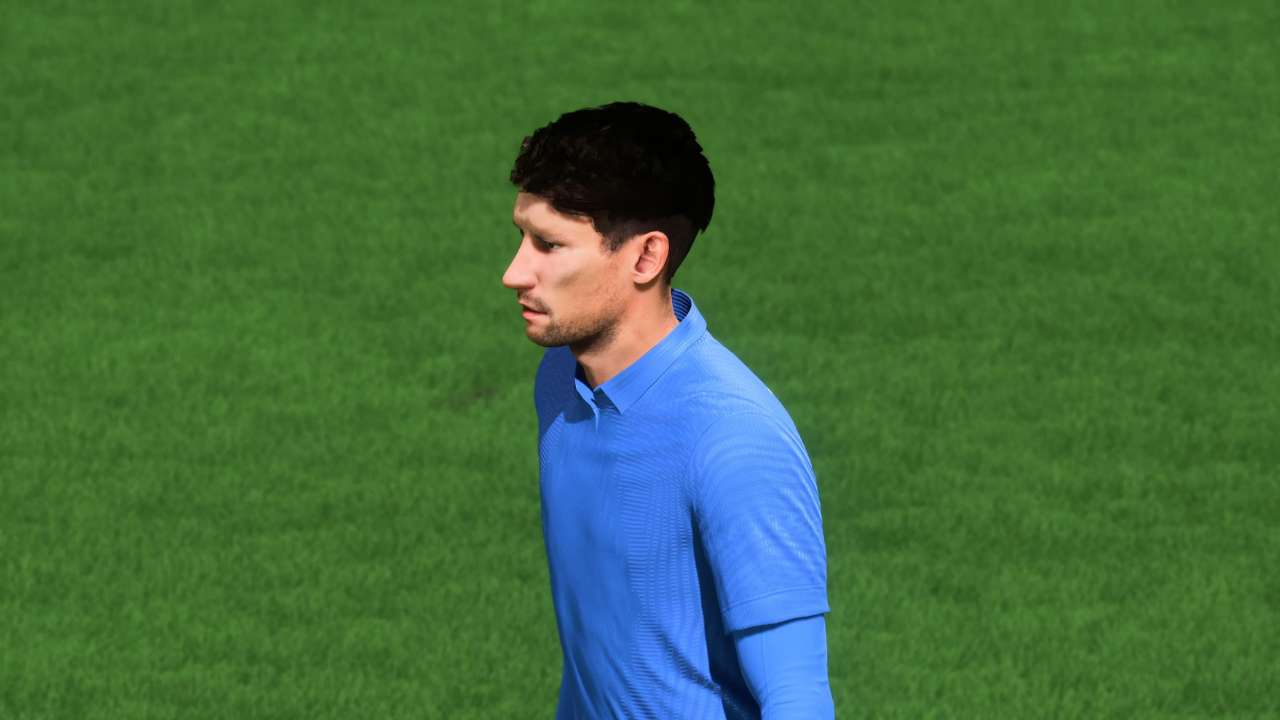
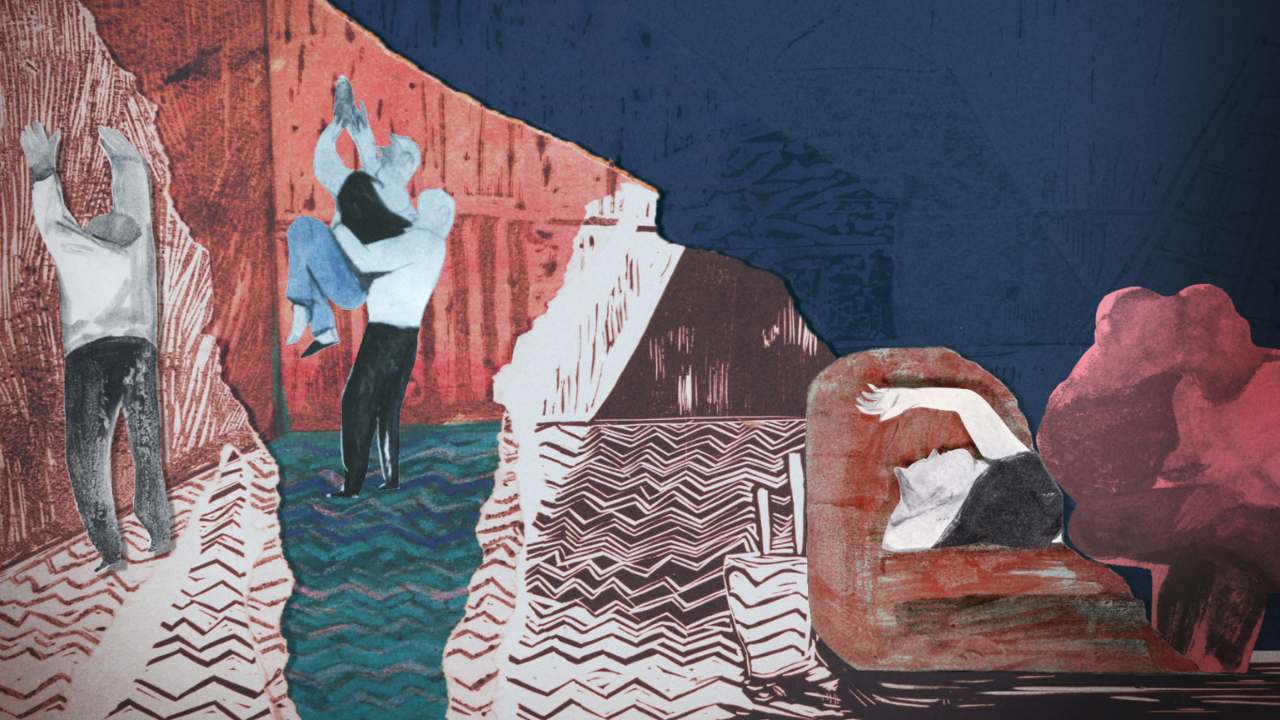
The tense documentary Citizen-Inmate sees director Hesam Eslami expose the mechanisms of digital surveillance inside Tehran’s prisons. The film poses a universal question: in a world of constant monitoring, is it still possible to reclaim control over one’s own life? A potential answer comes in the animated World at Stake by Susanna Flock, Adrian Jonas Haim, and Jon Kleinlein. Borrowing footage from popular video games like FIFA, PGA Tour, and Dirt Rally, the animation addresses issues far beyond the sporting arena. It’s a story about pressure and powerlessness against a world that requires constant victory and making the right decisions all the time. It’s the latter that the protagonists of Tears have to face. In this collage animation, director Paulina Ziółkowska shows a carousel of people, opportunities, and destinations, and making a choice is inevitable. The freedom to choose becomes a heavy burden.
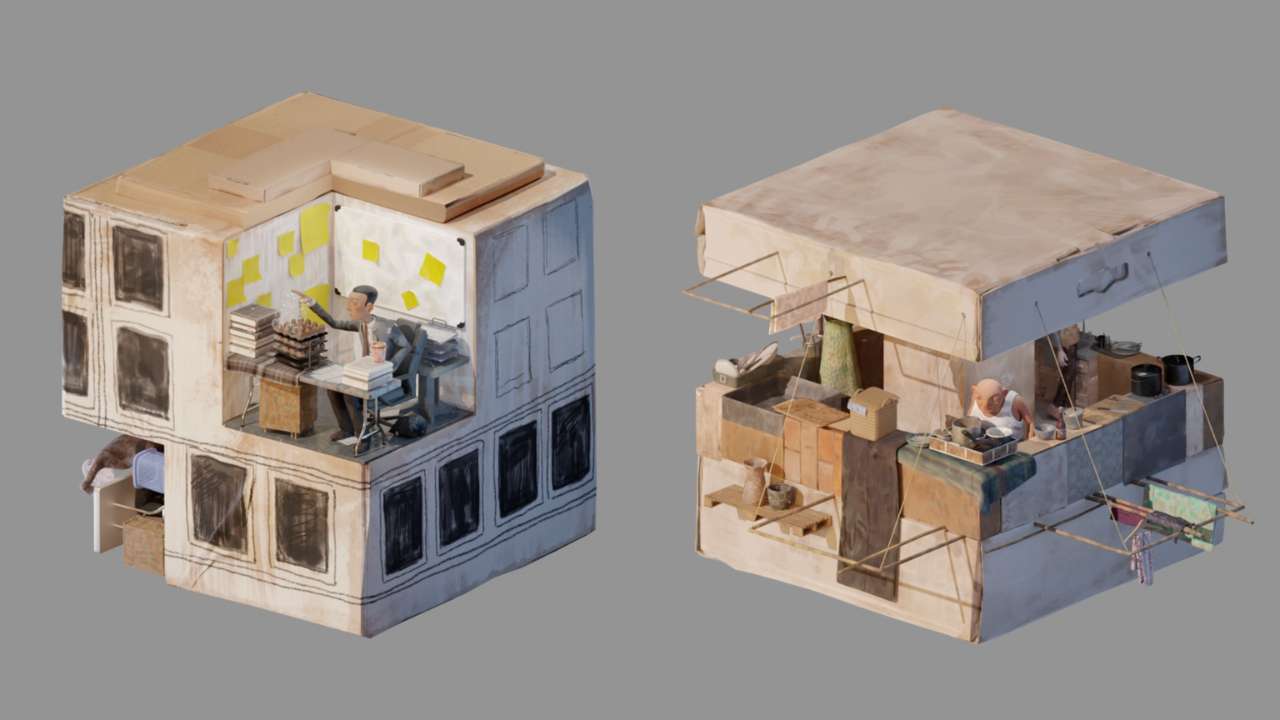
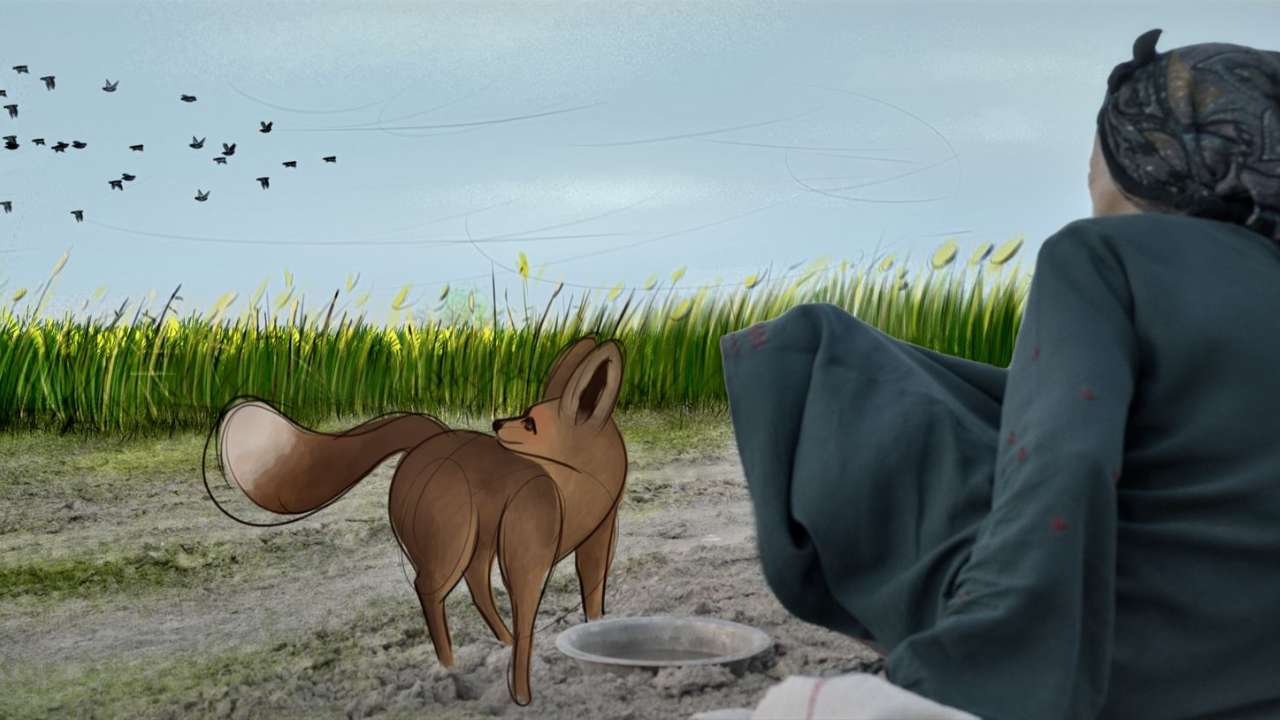
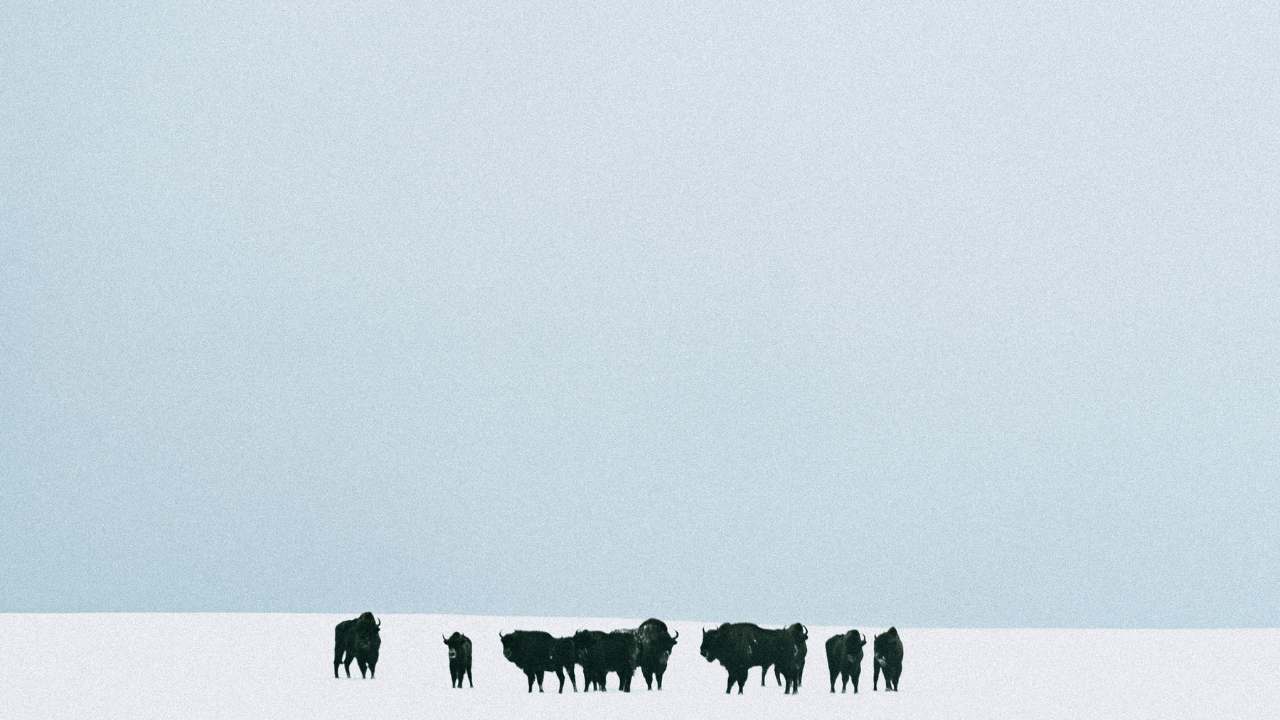
Oppositions lie at the heart of Urban Duo – a supermarket or a corner grocer? Plastic egg trays or wicker basket? Lift or stairs? Two protagonists, worlds apart in wealth, live in the same town but their everyday lives could not be more different. The animated film by HongYu Yue contemplates urban design, ecology, and our place in a world that is only going faster. But for the elderly woman in The Granny and Fishes, there’s no choice left. Living near a dried-up, deserted area near Hamun Lake in Iran, she is waiting for water promised by Afghanistan. It never arrived. In consequence, 300 villages were evacuated after the lagoon disappeared entirely. The titular granny in Maria Mavati and Eshan Farokhi Fard’s documentary remains the region’s sole inhabitant. Perhaps there are others displaced by the same drought among the refugees at the Poland-Belarus border. In Bloodline, Wojciech Węglarz draws an unexpected parallel between the plight of people separated from their families and that of a solitary bison. What begins as background detail soon becomes just as important as the central narrative.
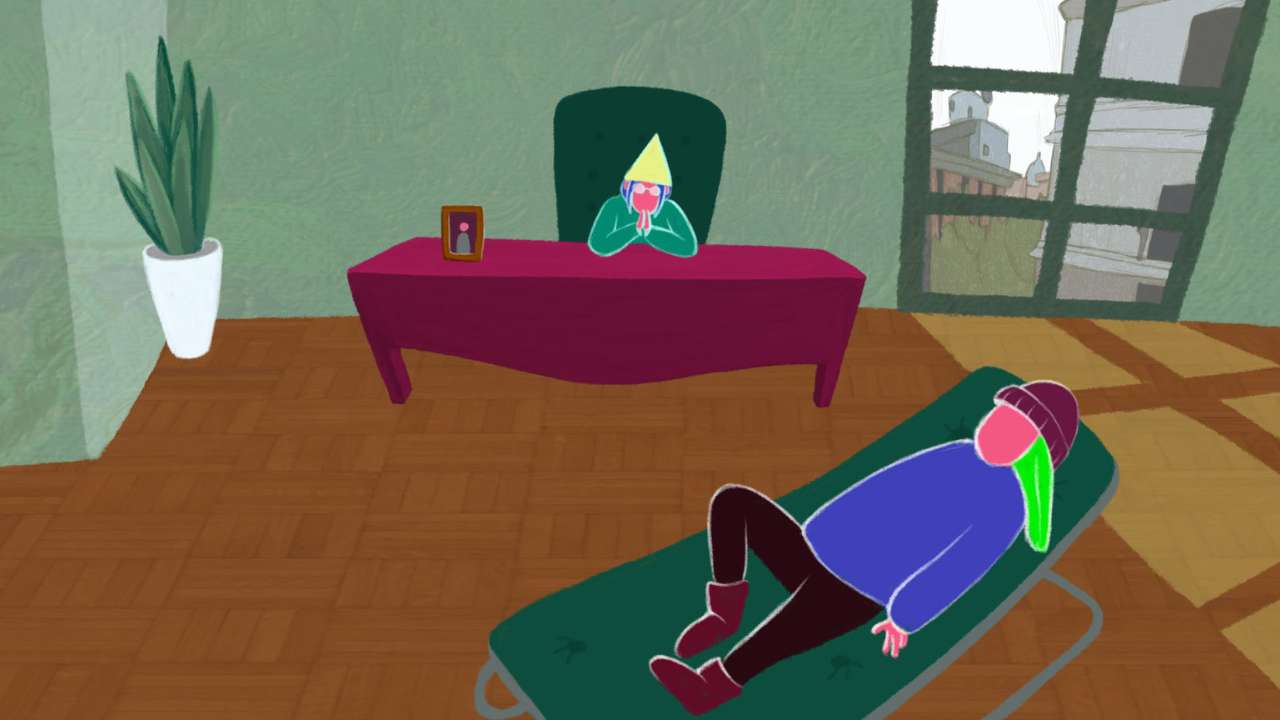
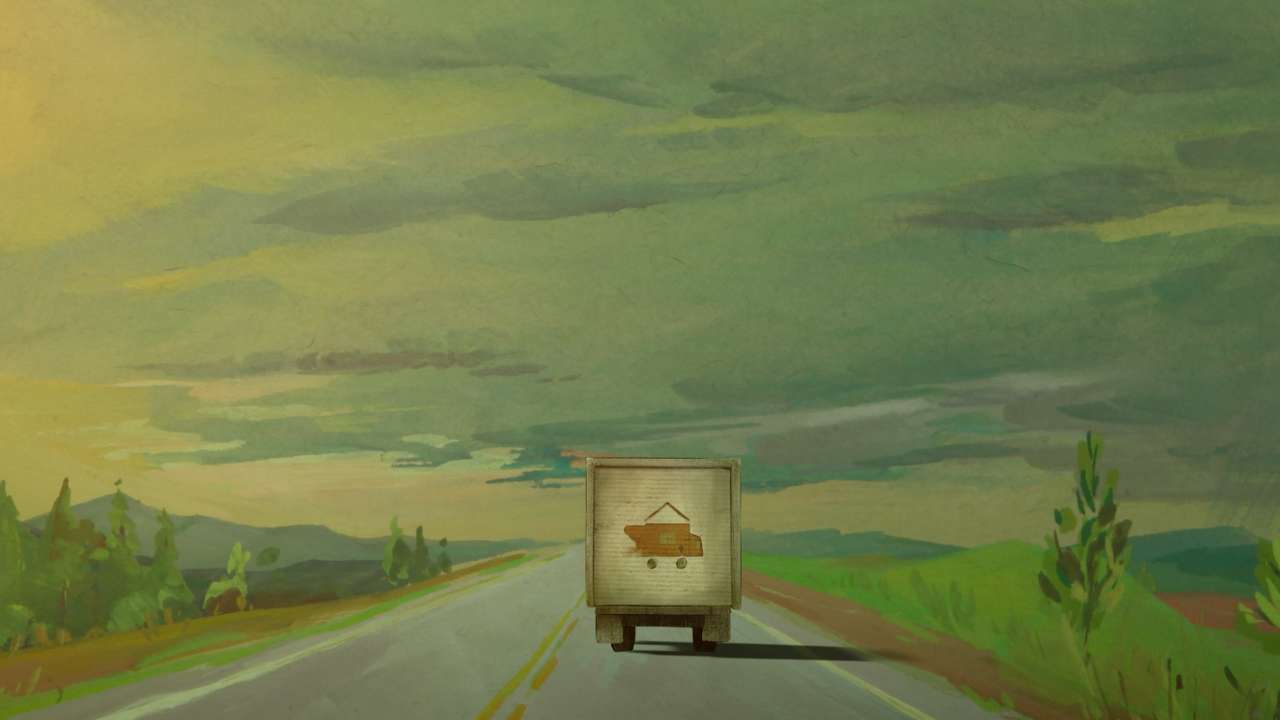
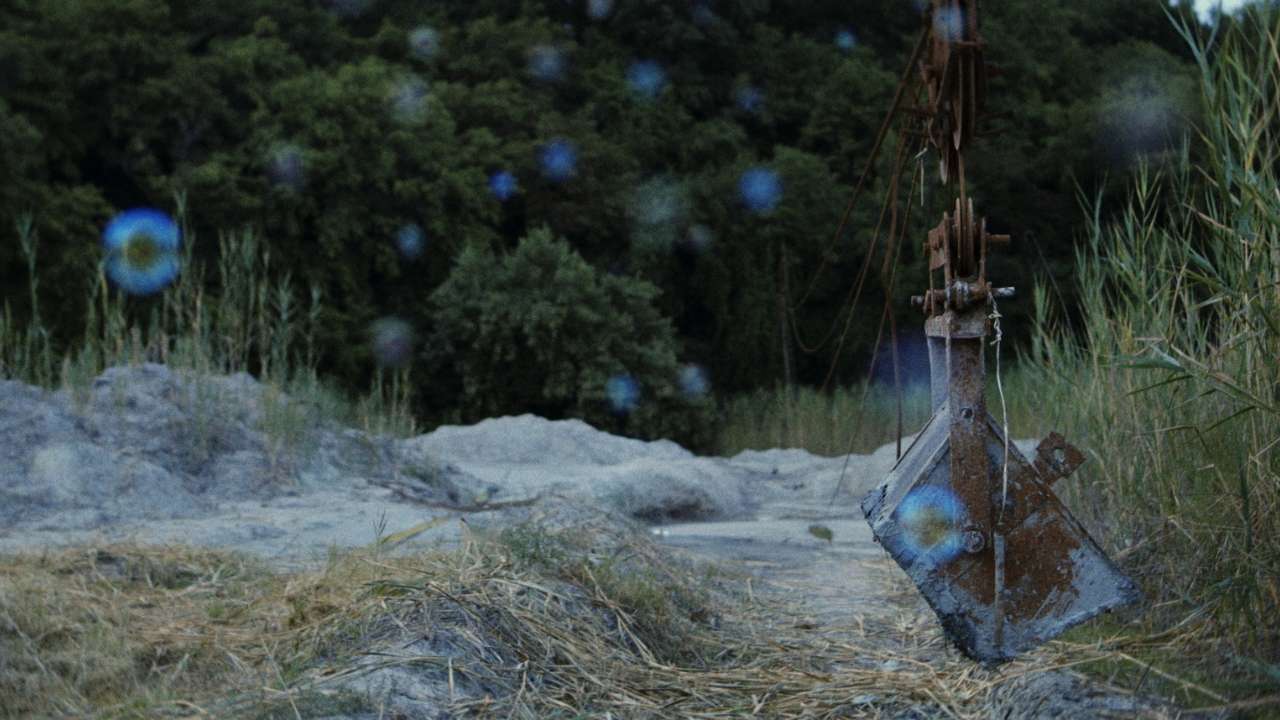
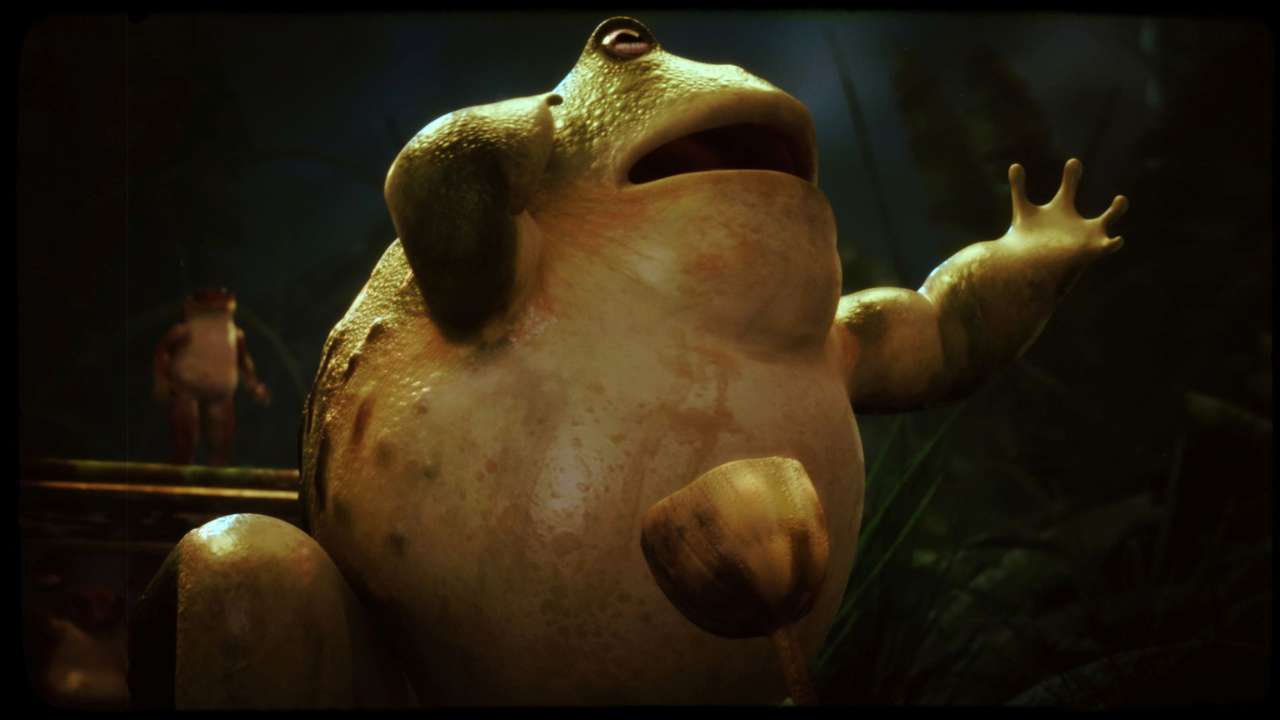
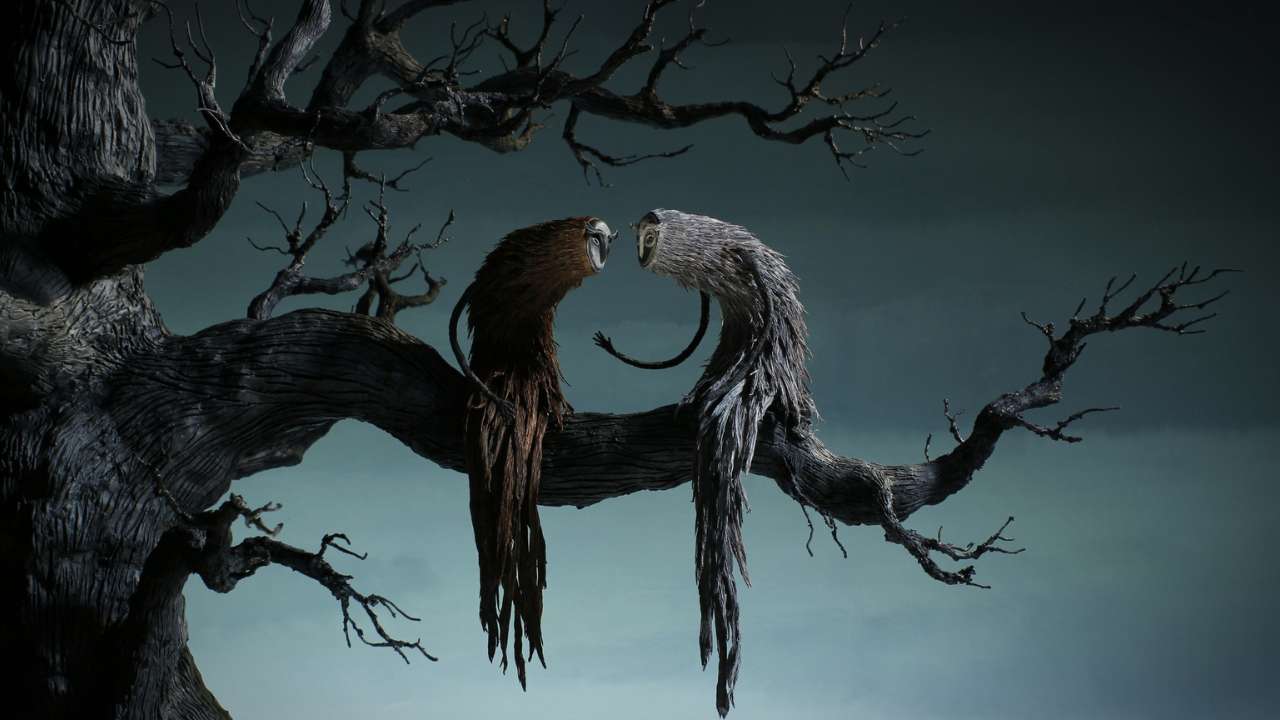
Thank You Dr. Farsi takes the audience on a psychedelic trip deep into the uncharted territory of the human mind. Mino, calmed down by a doctor’s recommendations, begins to see that mental health struggles affect everyone, not just her. On her birthday, she takes a closer look at her guests’ inner battles – traumas, anxieties, depressions. Her “diagnoses” in the animated film appear as bold, hallucinatory visions. Swirling figures, pulsing neon colours, and a voiceover combine to form a crazy and introspective tale about our psyche and attempts at finding balance. Perhaps Dr Farsi would also have some advice for the mother and daughter in Still Moving by Rui Ting Ji. In the midst of moving house, the older woman reassures the younger that they are going to settle in at the new place soon. But the journey itself is not the only difficulty they have to overcome — tension builds between them, too. Maybe they’d be better off in the muddy dreamscape of Dea Tcholokava’s documentary. In the film What Does The Mud Whisper a small girl becomes a guide through a mythic and mysterious place where you can breathe freely. There’s refuge too in the swamps of Suresh Eriyat’s Croak Show. A captivating frog concert takes place under the cover of night. Turtles, owls, fish, snails – even a slithering snake – join the rhythm. Emotions are running high. A similar intensity can be found in Radix by Anne Breymann. Two enigmatic beings – birdlike, or perhaps fragments of a tree – meet on a branch. They approach one another cautiously, then slowly open up, both literally and metaphorically. What secrets do they hold in places no one can see?
List of documentary films qualified for the International Short Film Competition:
- The Granny and Fishes, dir. Maria Mavati, Eshan Farokhi Fard, Iran, 27’, 2024
- Heartbeat, dir. Jay Rosenblatt, Stephanie Rapp, USA, 30’, 2025
- Bloodline, dir. Wojciech Węglarz, Poland, 12’, 2024
- A Quiet Storm, dir. Benjamin Nicolas, Canada, 29’, 2025
- Paleontology Lesson, dir. Sergei Loznitsa, Netherlands, 12’, 2025
- Mama Micra, dir. Rebecca Blöcher, co-director Frédéric Schuld, Germany, 24’, 2024
- Nice Girls Don’t Ask, dir. Jan Krawitz, USA, 17’, 2025 – WORLD PREMIERE
- In 769 km, New York, dir. Sofiia Buhrii, Ukraine, 15’, 2025 – WORLD PREMIERE
- Citizen-Inmate, dir. Hesam Eslami, Iran, 15’, 2025
- What Does The Mud Whisper, dir. Dea Tcholokava, Georgia, 18’, 2025 – WORLD PREMIERE
- Beyond Eden, dir. Al Johnstone, USA, United Kingdom, Northern Ireland, 25’, 2025 – WORLD PREMIERE
- Becoming a Film Director, dir. Rongfei Guo, China, 27’, 2025
- As Long As They Don’t Find Us, dir. Maja Górczak, Poland,13’, 2025
List of animated films qualified for the International Short Film Competition:
- Aferrado, dir. Esteban Azuela, Luce Grosjean, Mexico, 18’, 2024
- The Pool of Death of a Goldfish, dir. Daria Kopiec, Poland, 14’, 2025
- Whose Woods Are These, dir. Kate Nartker, USA, 6’, 2024
- Mother’s House, dir. Changsoo Kim, Korea, 12’, 2024
- Thank You Dr. Farsi, dir. Samaneh Shojaei, Iran, 8’, 2025 – WORLD PREMIERE
- Still Moving, dir. Rui Ting Ji, Canada, 10’, 2025 – WORLD PREMIERE
- Croak Show, dir. Suresh Eriyat, India, 5’, 2024
- Hunting, dir. Lea Favre, Switzerland, 11’, 2024
- Tears, dir. Paulina Ziółkowska, Germany, Poland, 9’, 2025
- World at Stake, dir. Susanna Flock, Adrian Jonas Haim, Jona Kleinlein, Austria, 17’, 2025
- Urban Duo, dir. HongYu Yue, China, 6’, 2024
- Radix, dir. Anne Breymann, Germany, 4’, 2025
List of fiction films qualified for the International Short Film Competition:
- Aicha, dir. Sanaa El Alaoui, Morocco, 25’, 2025 – WORLD PREMIERE
- Amelia Starlight, dir. Laura Thomassaint, France, 20’, 2024
- The Prince, dir. Alex Sardà, Spain, 29’, 2024
- The Last People, dir. Nicolás Pindeus, Austria, 25’, 2025
- Last Snows, dir. Sarah Henochsberg, France, 27’, 2024
- Sammi, Who Can Detach His Body Parts, dir. Rein Maychaelson, Indonesia, 19’, 2025
- Early Feelings, dir. Nurlan Hasanli, Azerbaijan, 18’, 2024 – WORLD PREMIERE
- Elephant in the Desert, dir. Yael Nivron, Israel, 19’, 2025
- Look Homeward, dir. Artem Rachkelyuk, Poland, 20’, 2025
- Sweden, dir. Nik Azad, Germany, 27’, 2024
- It’s All Because Of Her, dir. Daria Kopiec, Poland, 30’, 2025
- Wassupkaylee, dir. Pepi Ginsberg, France, USA, 19’, 2025
- The Thief, dir. Christoffer Rizvanovic Stenbakken, Greenland, Denmark, 19’, 2025
- Living Stones, dir. Jakob Ladányi Jancsó, Hungary, 20’, 2025
Insider passes for the 65th Krakow Film Festival are now on sale!
The Krakow Film Festival is on the exclusive list of film events qualifying for the Academy Awards® in short film categories (fiction, animation, documentary) and feature-length documentary, the European Film Awards in the same categories, and serves as a qualifying event for the BAFTA Awards.
The Krakow Film Festival is organised with financial support from the City of Krakow, the Ministry of Culture and National Heritage, the Polish Film Institute, and the Creative Europe MEDIA Programme. The Polish Filmmakers Association serves as co-organiser.
The KFF at the Barbican is co-organised by the National Cultural Centre as part of the cultural programme of the Polish Presidency of the Council of the European Union 2025.
The 65th Krakow Film Festival will be held in cinemas from 25 May to 1 June 2025, and online on KFF VOD from 30 May to 15 June 2025.